
Does AI have a place in science communication?
The rise of AI has transformed the working world. While engaging with emerging tools and technologies is important, AI carries other implications – particularly for science communication. Join us as we unpack the role AI plays in this evolving field.
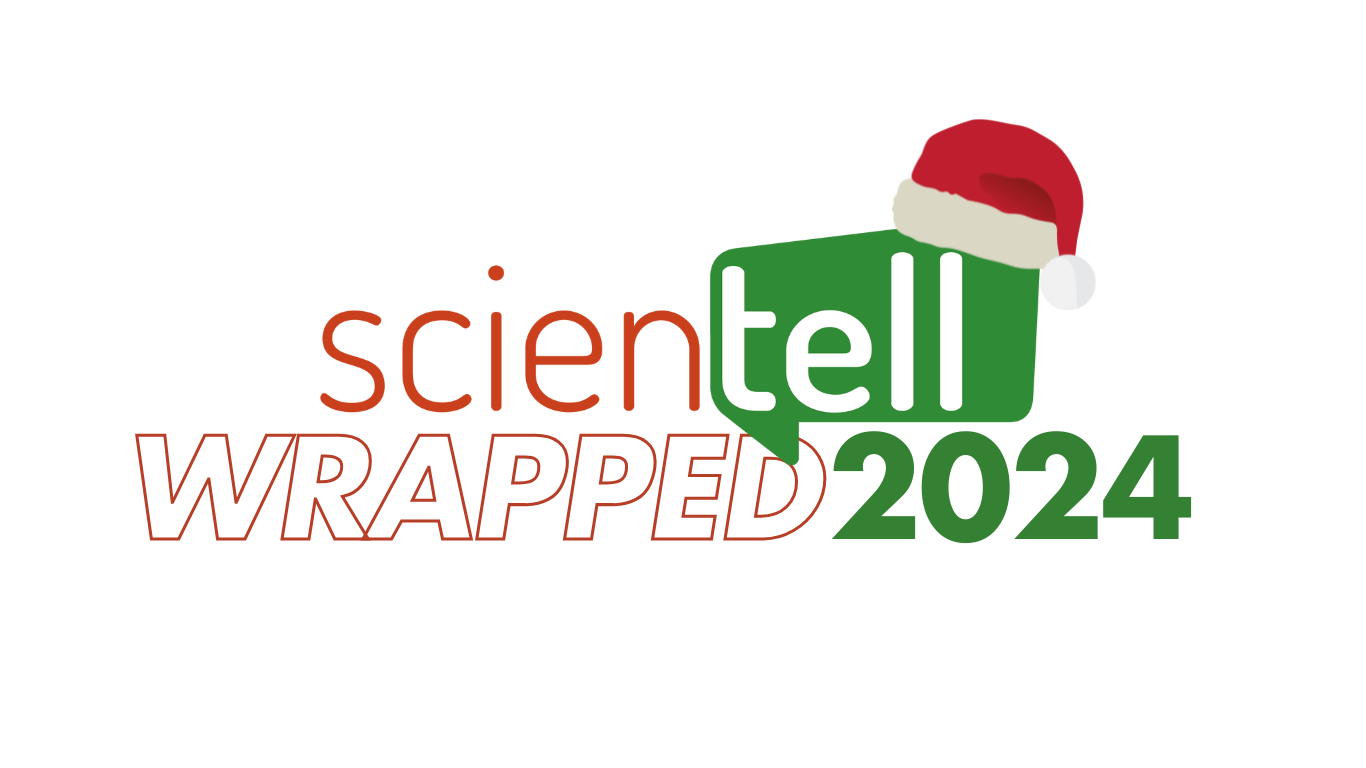
Scientell Wrapped 2024
Scientell Wrapped 2024 celebrates some of the science stories we’ve helped share this year, from climate change snapshots to science communication training.
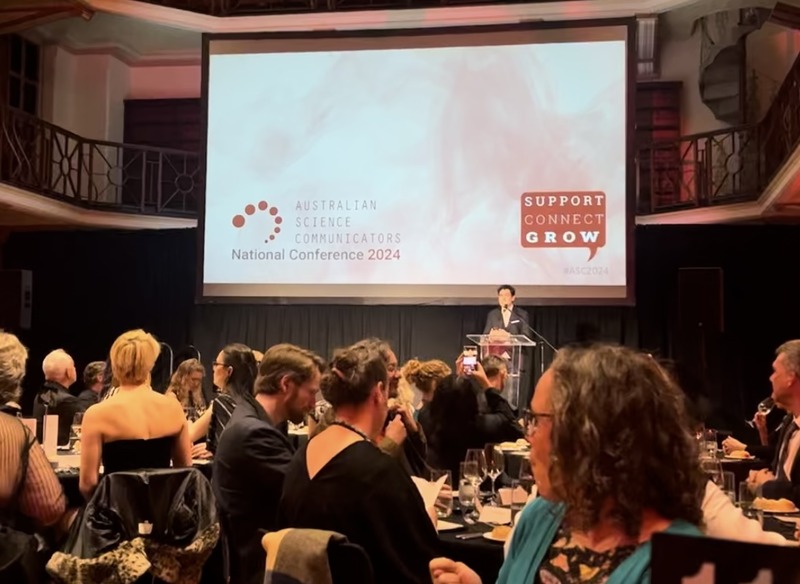
Connecting, supporting and growing at the Australian Science Communicators conference
Simon and Cintya travelled to Perth for the 2024 Australia Science Communicators conference. Learn more about their talk ‘How to Move from Science to SciComm: 2 Journeys’ and their conference highlights.

Small but mighty: why passion in small companies works for big clients
Discover why bigger doesn’t always mean better in science communication. In this blog post, we discuss how small science communication companies can outperform their bigger counterparts in terms of flexibility, transparency, and affordability.

Hitting where it hurts: climate change affects wine, coffee and chocolate
Some people still don’t understand the urgency of climate change action, despite significant efforts to communicate the impacts it will have on our ecosystems, communities and businesses. So let’s take it closer to home and see how climate change could impact some of the things you (and Scientell) hold dear – coffee, wine and chocolate!

Counting the ways: the benefits of science communication for maths
Maths. This single word can conjure up dread and intimidation in a lot of people – but it doesn’t have to. Discover how effective science communication can bridge the gap between complexity and accessibility, empowering inclusivity and understanding of mathematics.

Communicating science with hope, not fear
Have you ever lost motivation in something because you’ve felt hopeless? In climate change communication, maintaining hope is crucial to encourage local action. Explore our tips on how to promote climate action through hope-driven and solution-based narratives.
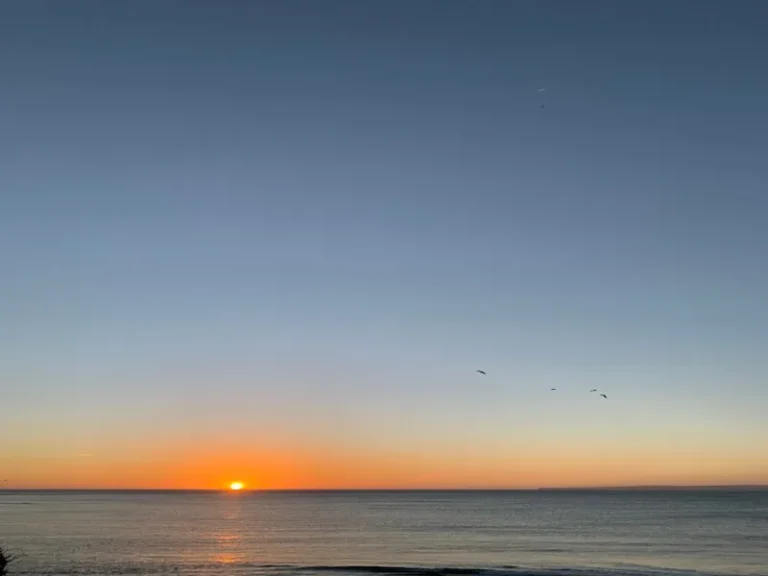
Scientell’s support for Indigenous engagement
Scientell staff were upset and disappointed by the negative Indigenous Voice to Parliament result. But Australia’s rejection of the referendum doesn’t mean we will stop considering how to better engage with Fist Nations people.
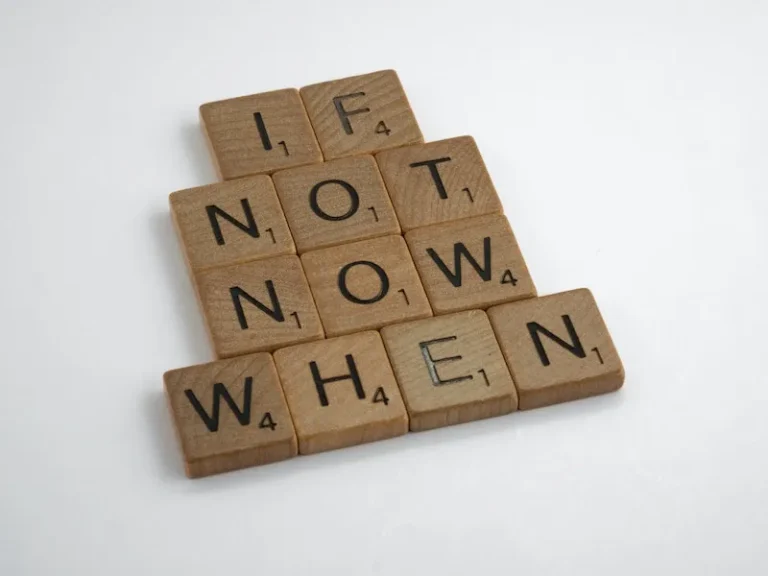
When someone tells you something, do something
If someone tells you something, use the information. Change your mind. Join those who use their voices, votes and choices to do something about climate change.
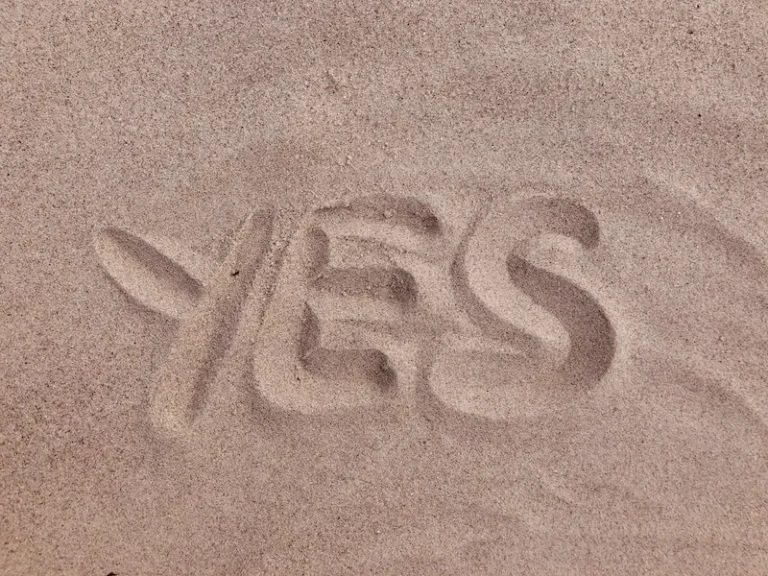
Statement from Scientell supporting a Yes vote for an Indigenous Voice to Parliament
At Scientell, we support the Yes vote for an Indigenous Voice to Parliament. We believe that a constitutionally enshrined Indigenous Voice is a crucial step towards reconciliation, recognising the unique status and rights of First Nation’s people in Australia, and
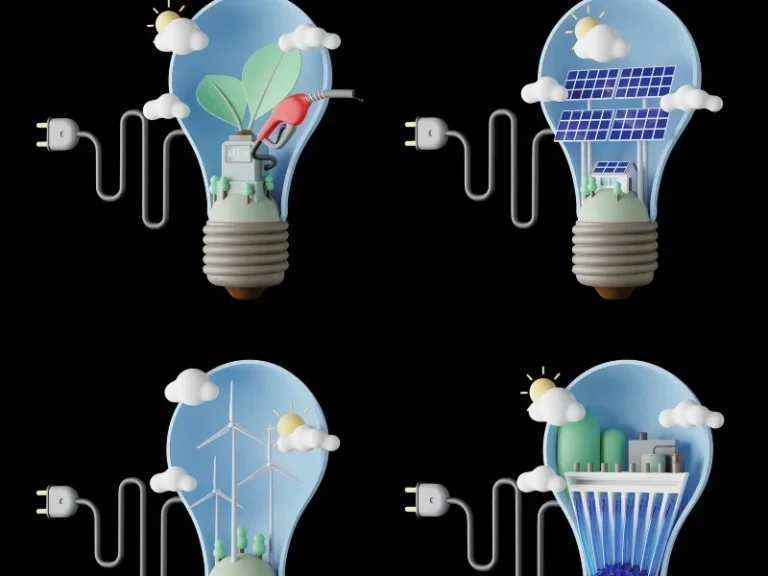
Science communication supporting robust emissions reporting
There is a growing number of companies announcing net zero targets. But these targets come with an array of technical and often confusing data and information. Specialised science communicators can help companies understand their emissions and ensure targets are robust and accurately reported.
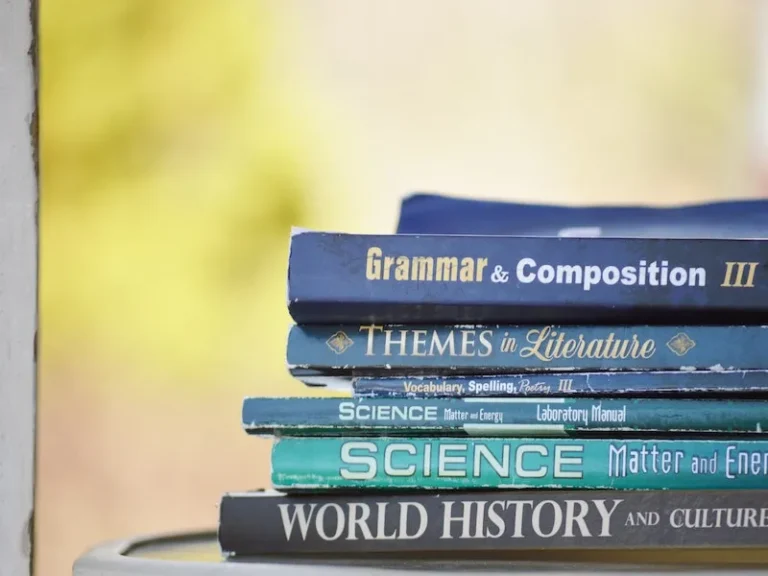
Science communication: breaking the language barrier
Have you ever felt like scientists were speaking a whole other language or felt spoken down? Rather than assuming the public lacks understanding, approaching science communication as a two-way conversation means scientists and the public can exchange ideas and knowledge.

Phone anxiety: Is texting taking over our communication skills?
If you get performance anxiety when talking on the phone, you’re not alone. But just like with public speaking, practising speaking on the phone allows you to regain (or establish) your confidence.
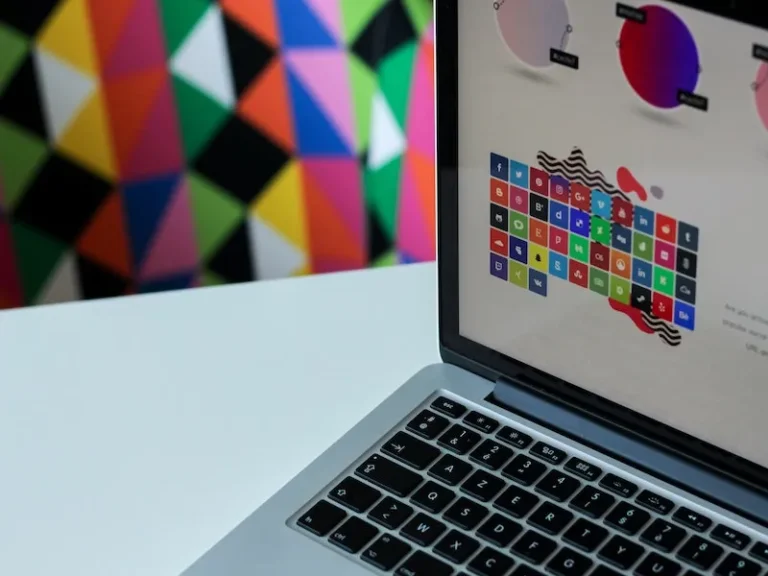
Infographics: The future of presentation
Is your presentation so text heavy it’s like a brick? Infographics are visual representations of information or data that can help you present complex information in a quick, clear, concise and compelling manner. Here are our top infographic tips.
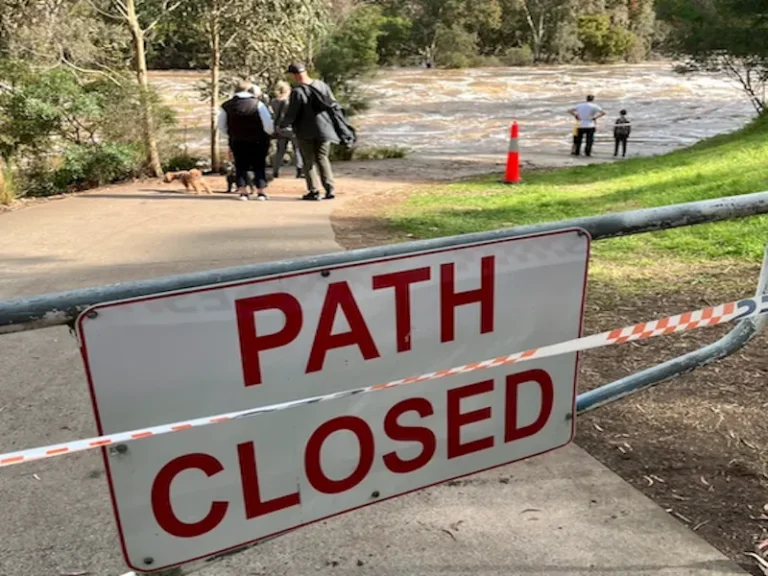
A final warning, not the final word
The last report in IPCC’s Sixth Assessment Report series has been released. It provides a final warning for action on climate change, but it won’t be the last word on climate change action.
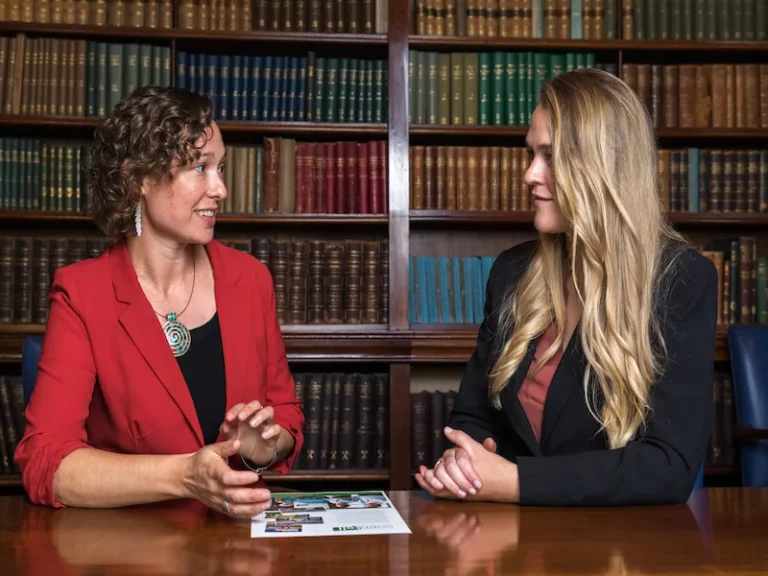
Observations from women in science communication
As women working as practitioners in science communication, we have observed gender trends and changes in the field. As an emerging field, we have the opportunity to shape how inclusive it continues to be.

Measuring the worth of measurements
Every day people use measurements. But measurement is a fairly abstract concept. So how can we make it more relatable?
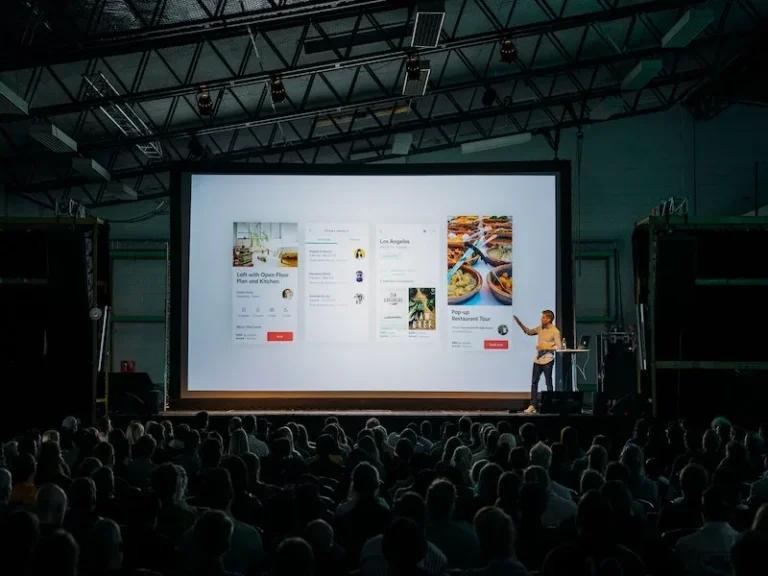
Pointing your presentation in the right direction
Many of us stifle a groan when we see a mass of slides at a talk, conference or workshop. But if you do it right, a well-crafted PowerPoint can be an effective tool. Here are our top tips.
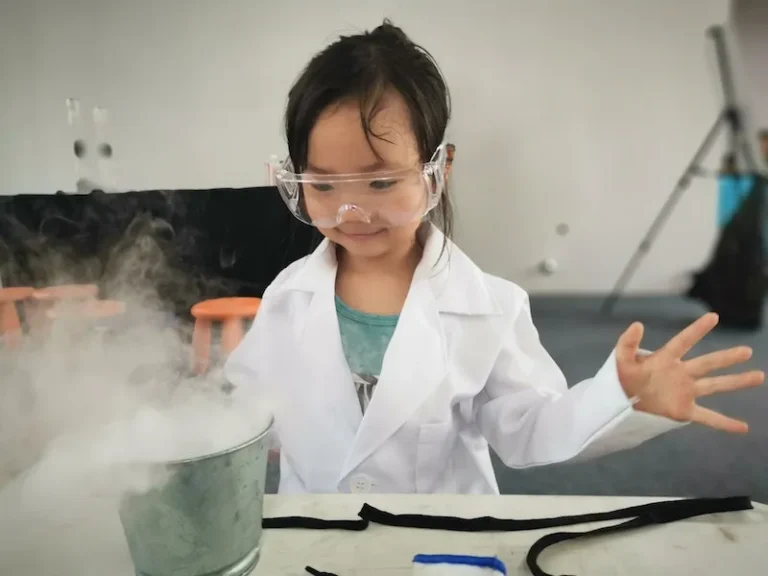
Science communication for kids
Science communication helps share stories about scientific research, results and achievements. It helps to make science meaningful to the community, businesses and government. But who should be communicating science? Is…
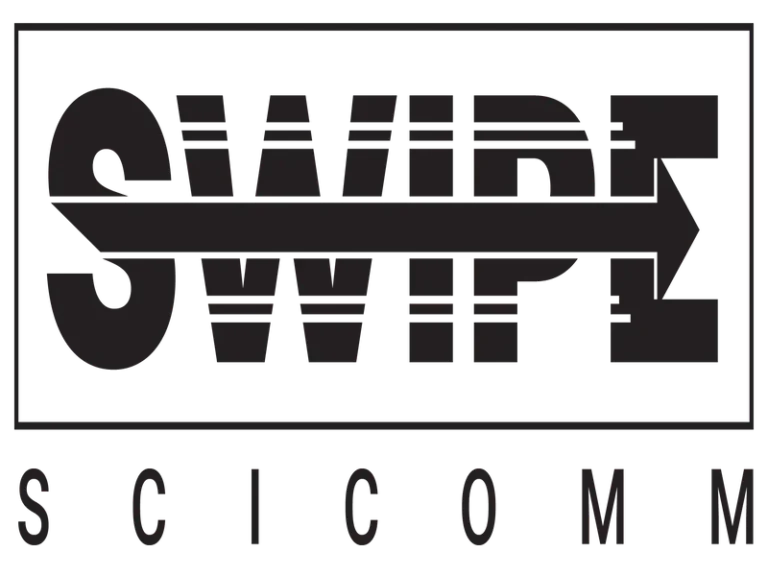
Swiping through the latest in science communication
The world’s first science communication magazine was launched this month by our colleague Tullio Rossi, from Animate your Science. We recently met with Tullio over lunch to discuss how the magazine, SWIPE…

Tailoring science messages to support evidence-based decision making
There are many ways we can communicate a message. Imagine you were teaching someone to wash their hands for the first time. You could use an audio message, a fact…
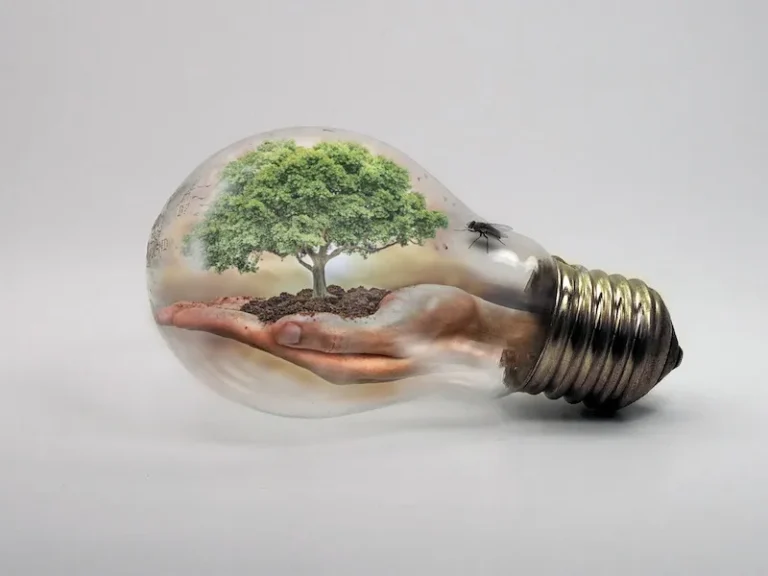
Climate change 2037: time to act
A hypothetical performance is a novel way to explore the complexities of an issue, helping panellists and audience members to think more deeply about the future.

Imagining a new, sustainably based curriculum
A blog from our colleagues at Futurum Careers, a free online resource and magazine aimed at introducing high school students to the worldwide to the world of work in STEM ….

Conquer grammar rules with a touch of humour: Scientell tips
Grammar doesn’t have to be boring or difficult. A touch of humour can go a long way to help you remember tricky rules. Here are Scientell’s amusing top tips to getting grammar right!
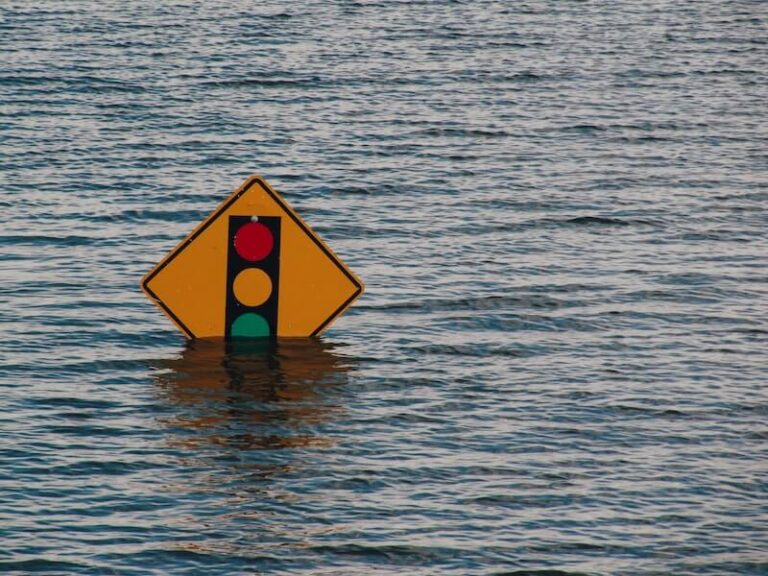
Debunking the deniers: the 5 pillars of science behind human-caused climate change
How can we bust the myths and misinformation and deliver the facts about climate science? Use the 5 pillars of science behind human-caused climate change, refute misleading information clearly and repeatedly, and communicating in a factual, succinct and calm way.
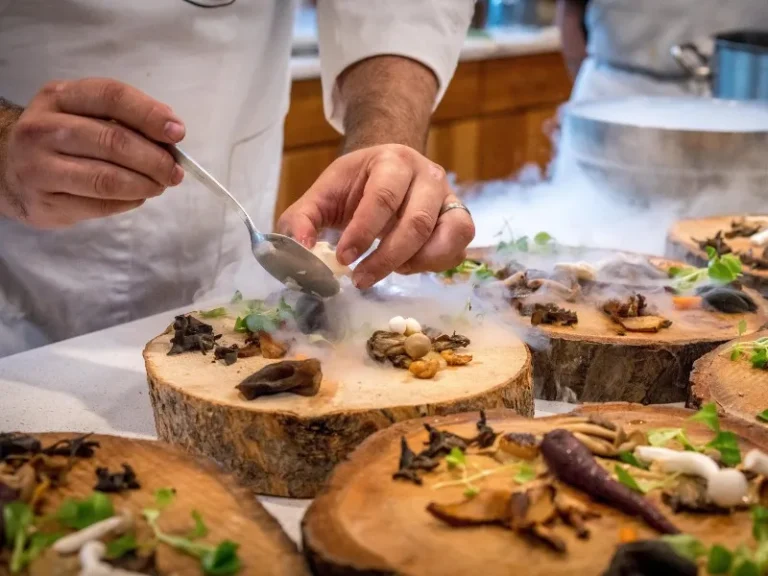
Flavour of the future: enhanced, modified and sustainable food
As lovers of both food and science, Scientell recently attended the ‘Future of Food and Nutrition’ lecture to hear about emerging trends in food science, nutrition and production. So what will food of the future look like?
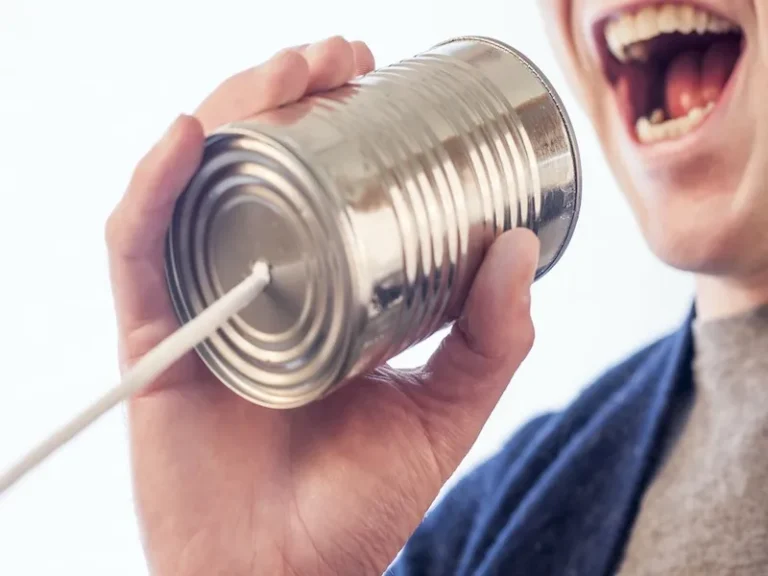
Science communicators communicating with, well, science communicators
Science communicators communicate regularly with researchers, decision-makers, industry representatives, young people and others. But what happens when science communicators get together to communicate with other science communicators? Scientell found out at the Australian Science Communicators 2021 Symposium.
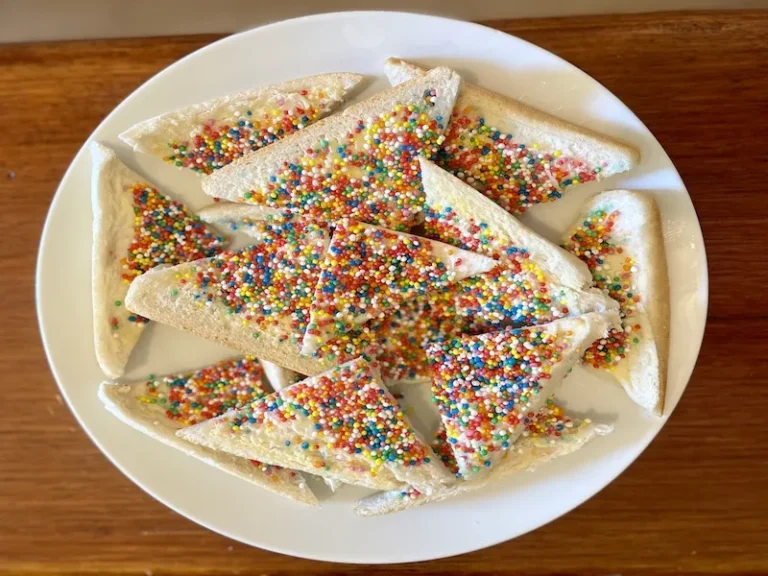
Temperatures, literature and fairy bread
You may have wondered how scientists take the Earth’s temperature. You may not have wondered about the link between temperature, classic literature and fairy bread, but that’s what this blog is about.
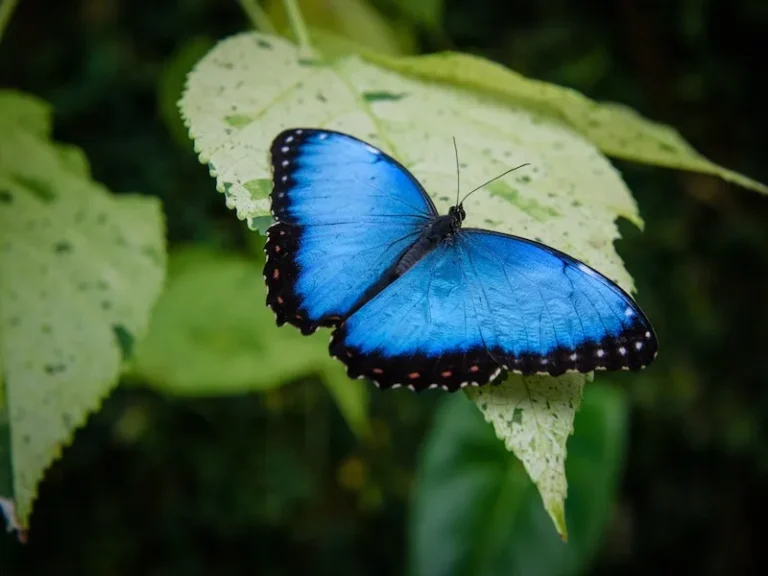
Nature’s blue illusion
Did you know most of the ‘blue’ you see in nature isn’t really blue? Most things in nature get their colour from pigments. Pigments are substances that naturally absorb light….
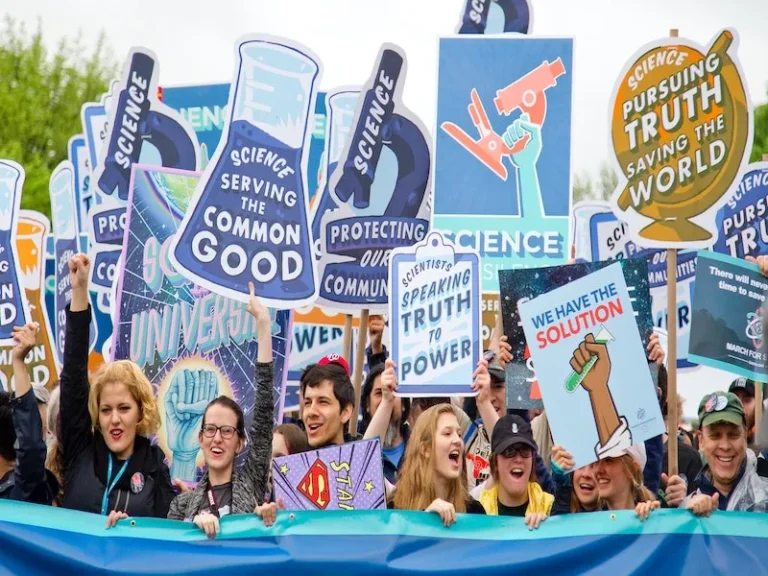
Engaging audiences in science
Encouraging our community to use science to solve problems with wide ranging impacts, such as climate change, is a key goal of science communication. These key science communication principles were discussed at a recent science communication panel session.
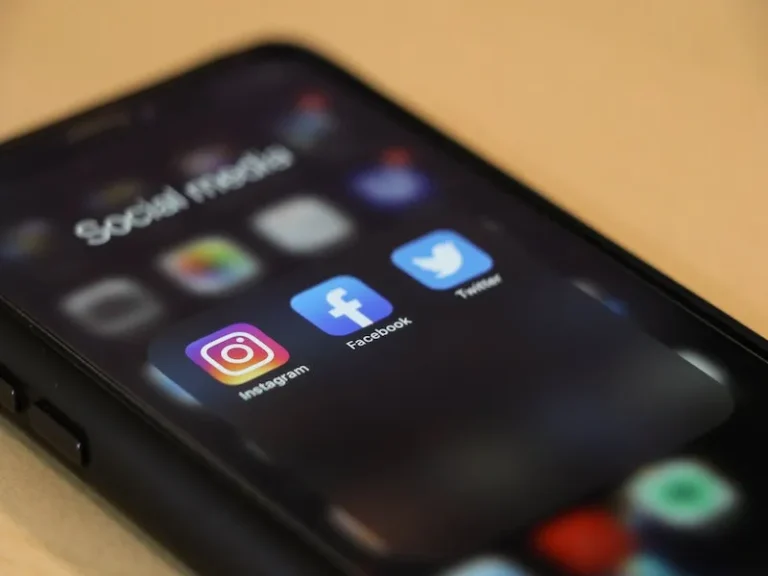
Social-science media
Social media continues to be a dominant news source for many, especially young people. Here are a few tips on maximising the impact of your science through social media from the experts.
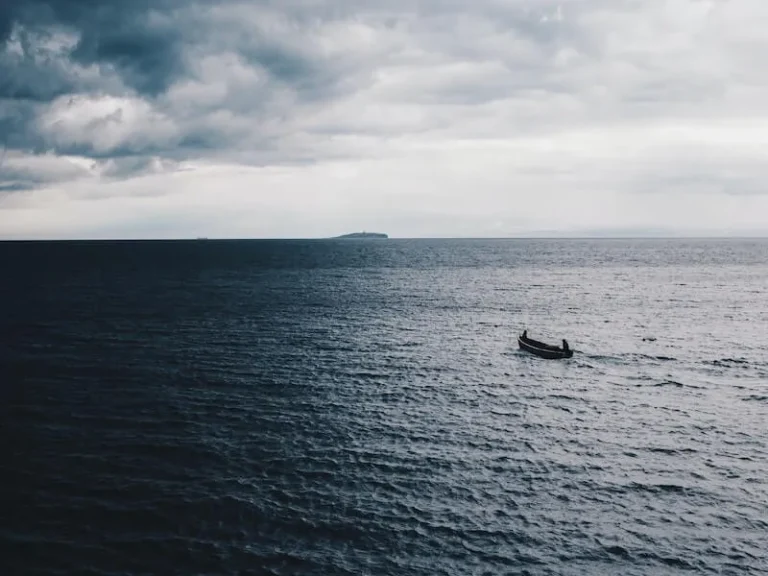
The science of fishing
Barometric pressure measures the weight of the atmosphere as it presses down on everything on Earth. Air pressure affects a fish’s swim bladder, with low pressure making it uncomfortable for the fish to swim close to the water’s surface.

Bean there? Join us at our favourite café
With the COVID-19 vaccine rolling out and transmission case numbers remaining low, meeting in person near our city office has become possible in Melbourne again. So we wanted to have an analytical look at the choice of local cafés.
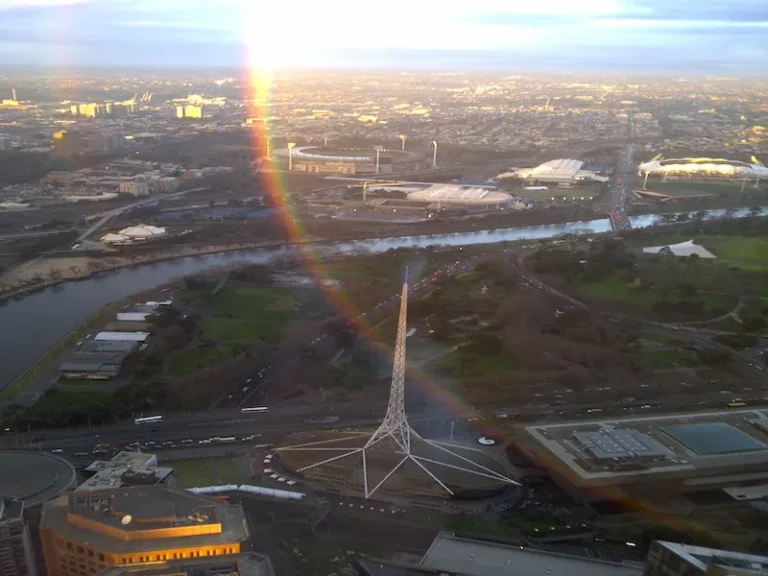
Circular rainbows
When we think of a rainbow, we probably think of a colourful arch … possibly with a pot of gold at the end. But you may be surprised to learn that rainbows are actually circles.
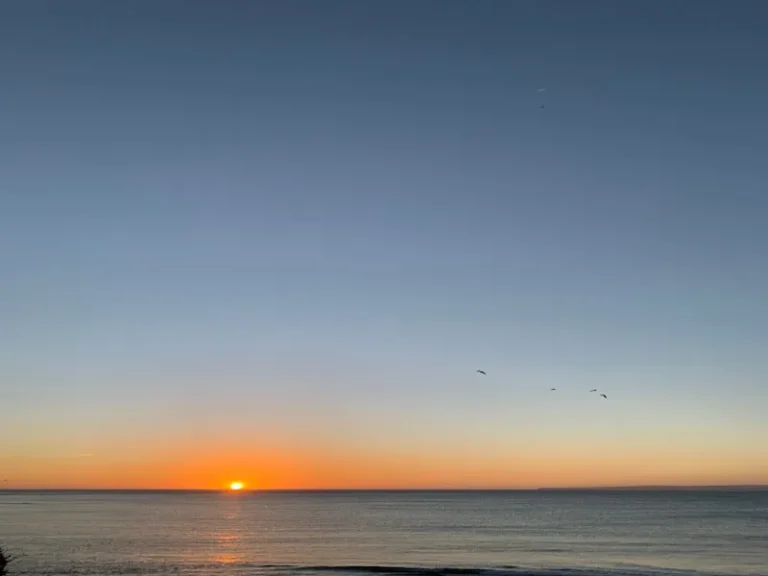
The Green Flash
The Green Flash is often considered a myth, but it is actually a fascinating optics phenomenon. You can see the green flash anywhere in the world, at sunrise and sunset. But why?

Civil disagreements
Having conversations with someone you don’t agree with can be difficult, exhausting and overwhelming. Here are six tips from the Business Insider experts on how to have these conversations.

The science of coffee
A great deal of science goes into crafting the distinctive mix of aromas, flavours, and textures that make up coffee. Here are 4 key components that can greatly affect taste.
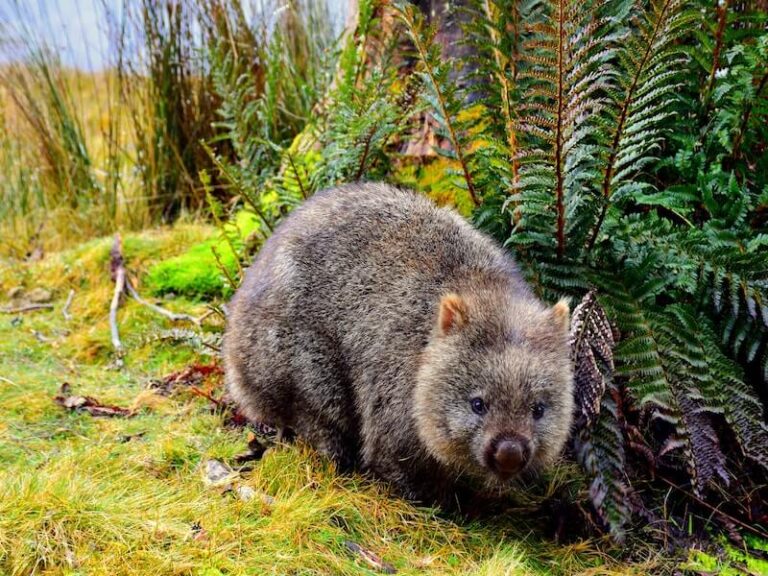
Conservation days
Throughout the year there are days dedicated to an array of occasions and themes. There is everything from ‘world chocolate day’ (7 July) to ‘world day to combat desertification and…
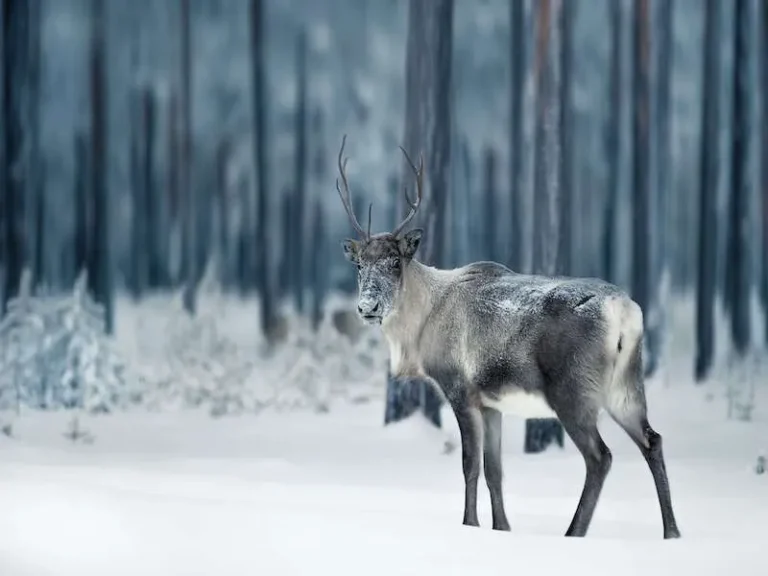
Christmas cervines
Reindeer are a Christmas icon, but how much do we know about these cervines (deer-like creatures)? Here are some fun facts.

Having difficult conversations
Communication often involves a conversation, and sometimes those conversations are difficult. Back when I worked at CSIRO, I was fortunate that conversations were usually easy, but I did do a…
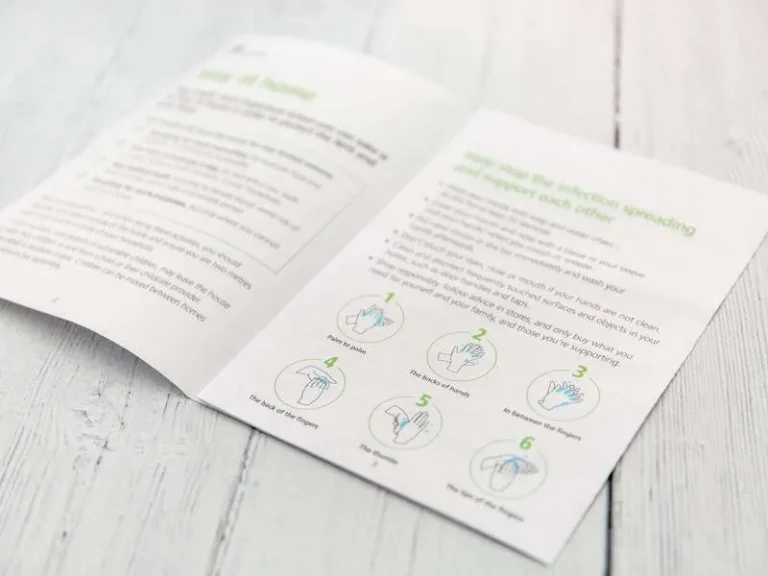
Why a brochure isn’t just an executive summary with pictures
We often prepare brochures based on detailed technical reports. One of our clients asked us what the difference was between the text in a brochure and that in a report’s…
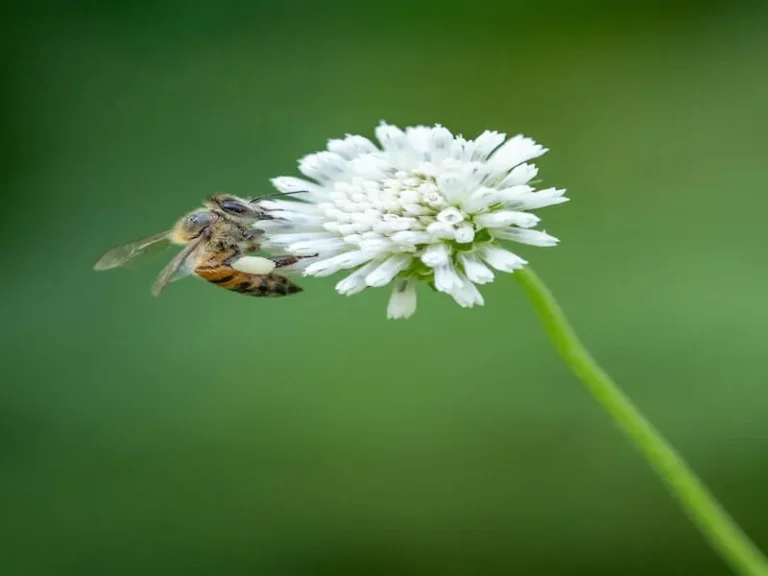
Bee-autiful lawns
If you’re looking for a spring project that allows you to enjoy the sunshine and also support biodiversity, then look no further than your lawn! Bee benefits Bee lawns, or…
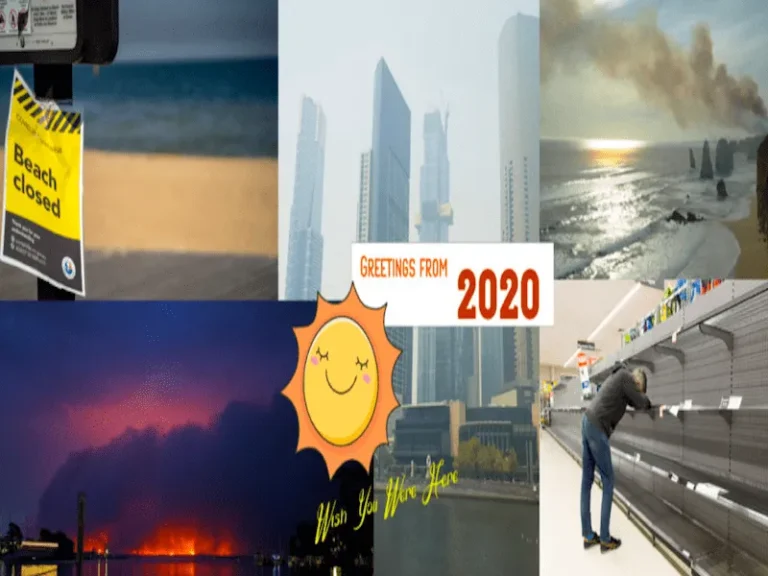
Postcards from a pandemic
How will people 50 years from now view the events of 2020, from bushfires, to a pandemic, to social upheaval? On the 50th anniversary of Earthrise in December 2018, we reflected on…
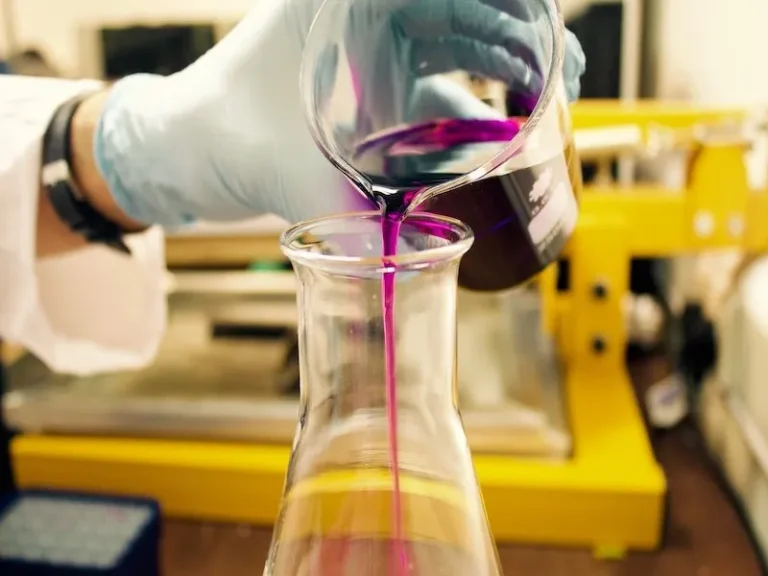
DIY science experiments at home
From Zap! Amazing science experiments, by Paul Holper and Simon Torok (ABC Books) Science is everywhere and what better time to enjoy an experiment or two from the comfort of our…
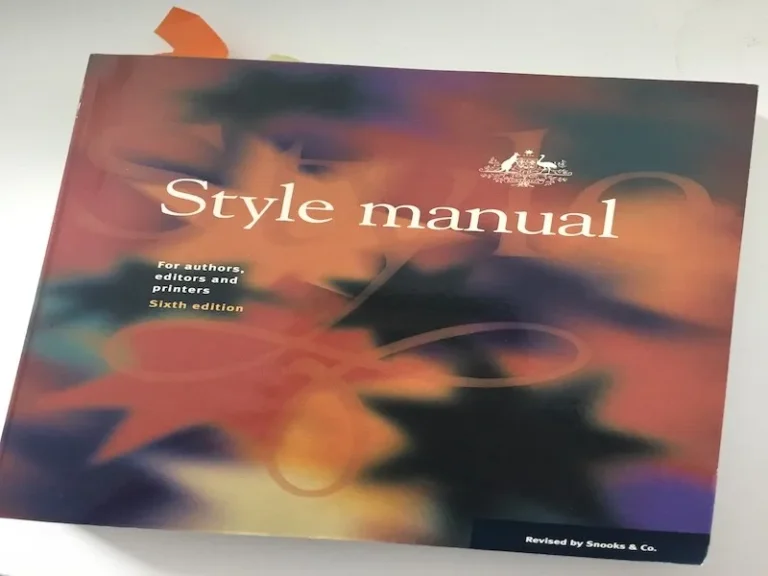
The Australian Government has style
Well, the Australian Government certainly has a style manual. If you need to know when to use an en dash or a hyphen, whether to add semicolons after bullet points, and…
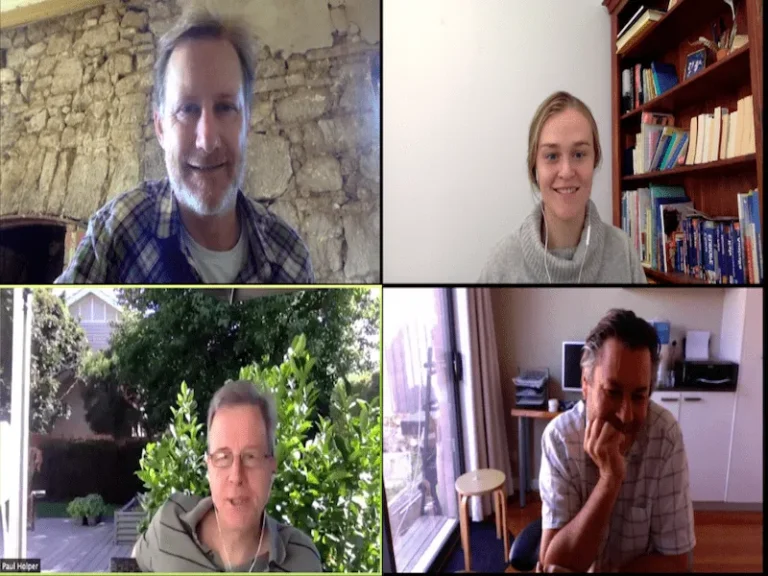
Webinar workshop wisdom
With COVID-19 leading to an increased use of webinars in place of face-to-face workshops, we’ve compiled a summary of our findings, recommendations and tips for using this technology. While being…
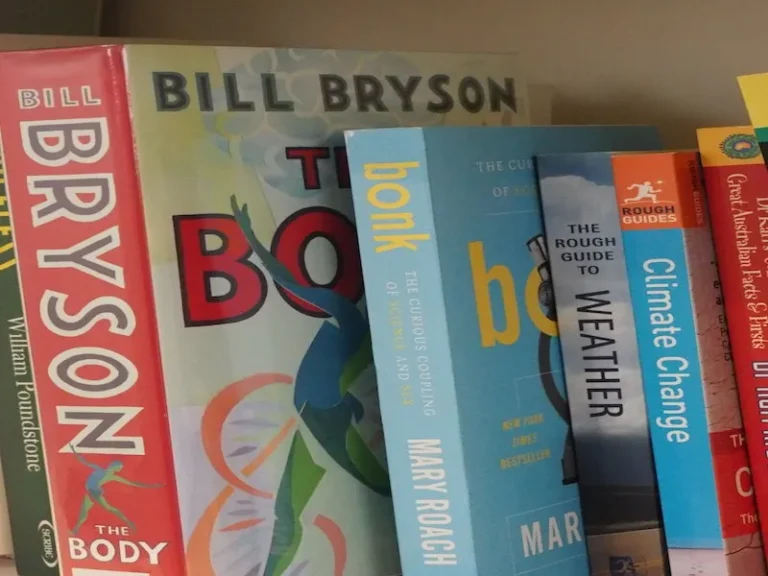
10 entertaining science books
Science and technology lie at the heart of so much that is good about modern life. As researchers rush to create a COVID-19 vaccine, let’s begin with a chillingly prescient…
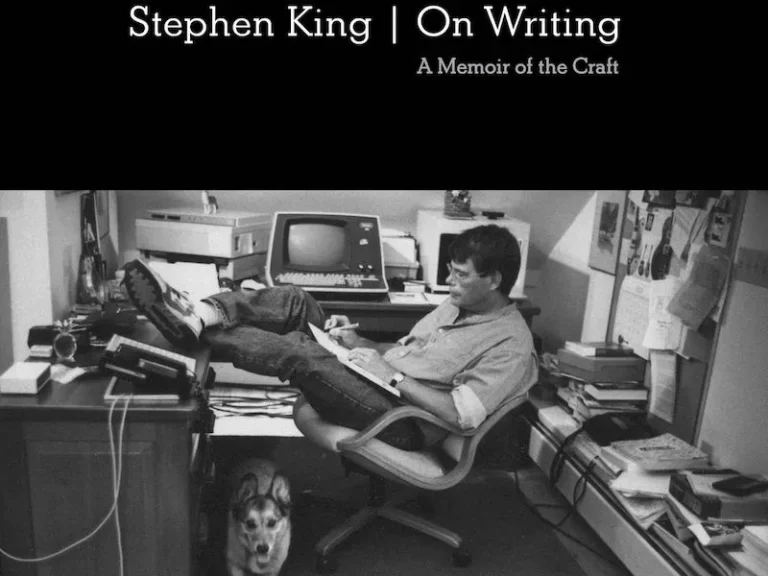
On Writing – Stephen King
Despite being written 20 years ago, Stephen King’s book, ‘On writing: A memoir of the craft’, is an entertaining read and a great source of information. Someone who has sold…
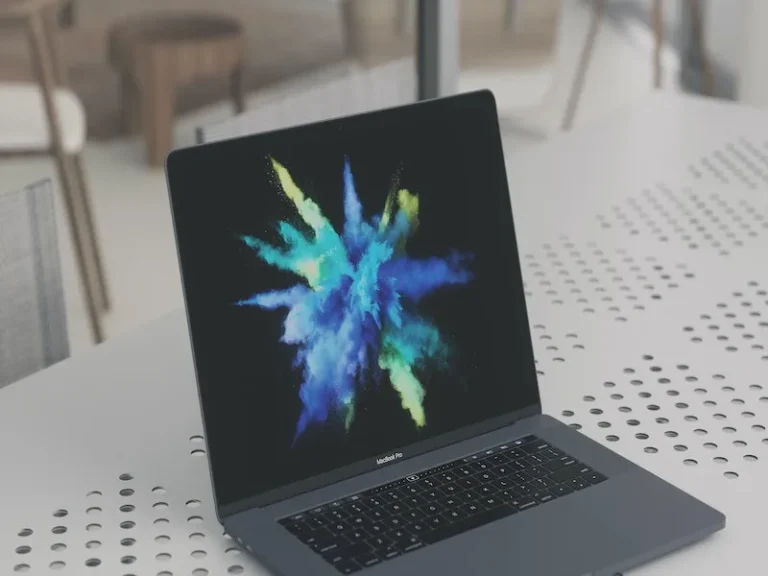
The science of communicating science
Looking for the ideal Christmas gift for a science communicator, budding or experienced, or for anyone interested in science and its applications and promotion? Look no further. Science communication guru…
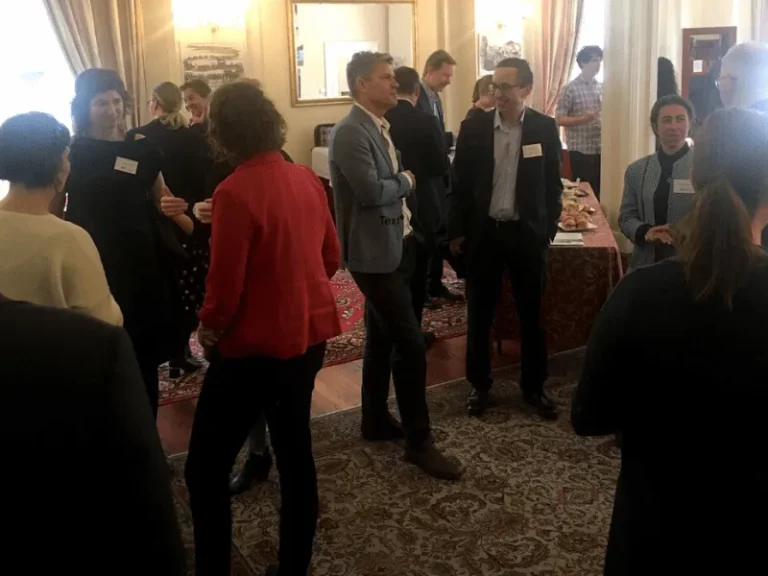
Collaboration is key
More than 30 of Melbourne’s science communicators gathered for lunch at the historic Royal Society of Victoria building, Scientell’s home base. A mix of clients, partners and colleagues – ranging…

15 days at Scientell
Being a final year PhD student is tough. Despite the looming deadline, you begin to lose motivation and enthusiasm for the research project you spend every waking hour of the…
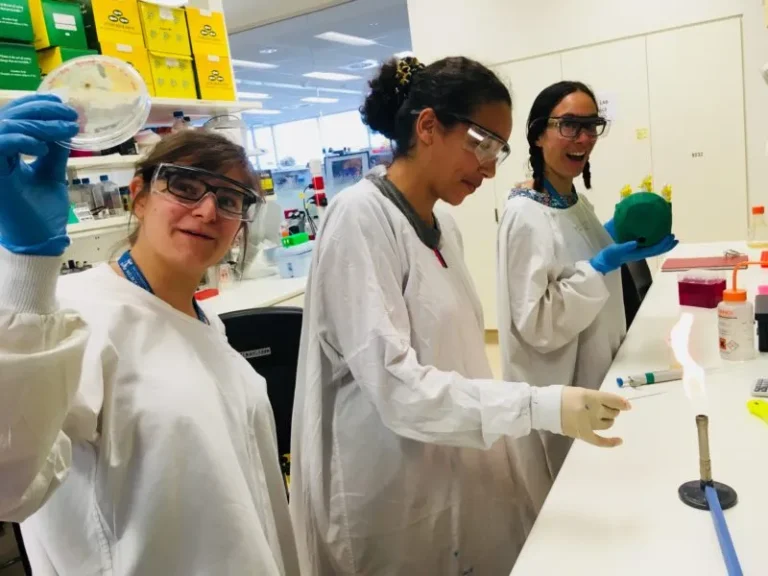
The story of a budding science communicator – why I’m excited to share science
Late last year, I met Paul and Simon at the Royal Society of Victoria’s celebration for the 50th anniversary of Earthrise, following which, they invited me to be a part of the…
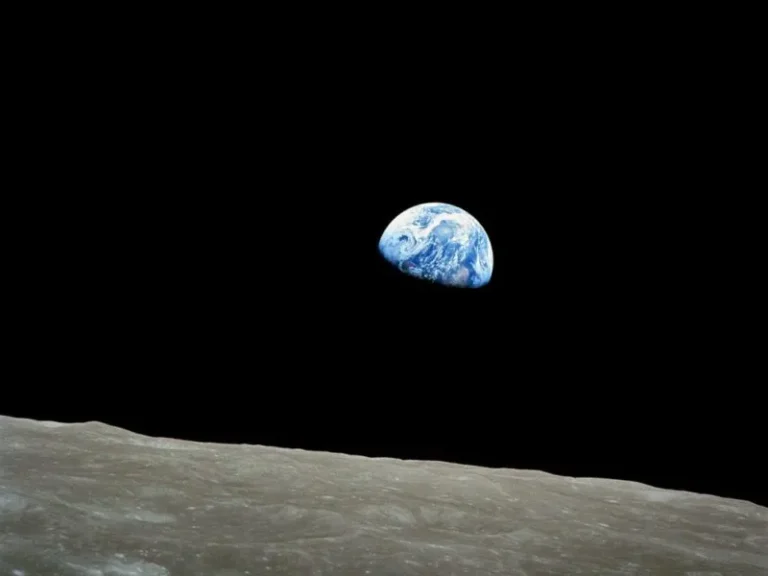
Earthrise, a photo that changed the world
The following article first appeared in The Conversation on December 21, 2018 as a reflection on the past 50 years since the Earthrise was first captured by Apollo 8 astronauts. Authors: December…
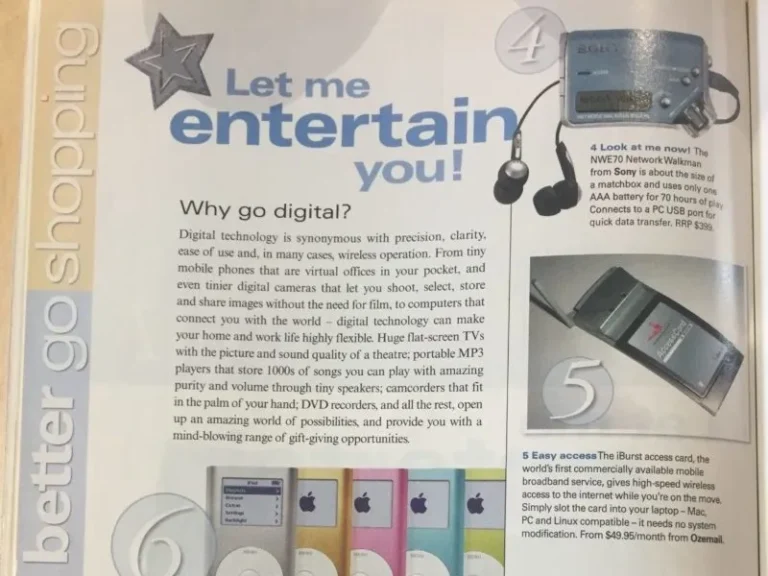
The march of technology
Moore’s Law, named after Intel cofounder Gordon Moore, reflects his 1965 observation that computer transistors, or processors, were shrinking so fast that every year twice as many could fit onto…
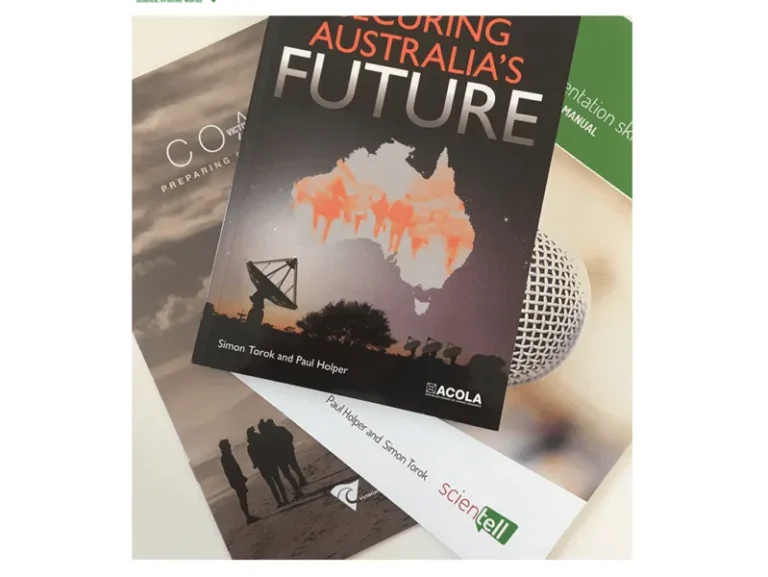
Ten top tips for working with consultants
Scientell’s clients have included all tiers of government; universities and research centres; industry and NGOs; academic associations and professional societies. Furthermore, before founding Scientell, Simon Torok and I worked at…
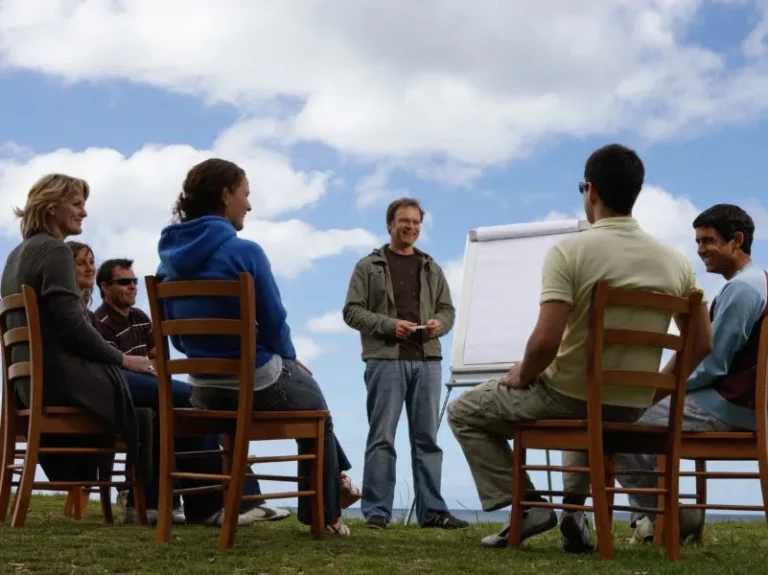
Collaborate, motivate and activate communities
I recently completed a training course on how to engage communities, and you’d be surprised how a bit of structure in a discussion can help motivate people to take positive…

Seven essential steps to effective communication
Scientell is a science and environment communication business. We take complex, often technical information and present it in a compelling way for audiences such as policy makers. The product could…

When in doubt, cut it out: editing tips
Recently I edited a large, complex scientific report. As an editor, one of the first things you do is remove extraneous words. Why force a reader to read two or…
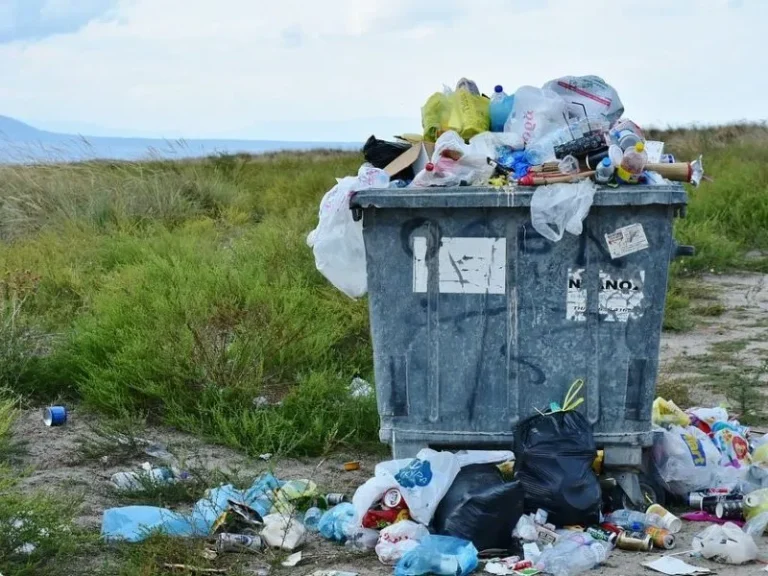
Plastic not fantastic
I’m a baby boomer. I grew up in the ‘60s. I remember the early morning clip-clop of the milkman’s horse. Each night my mum would leave out two or three…
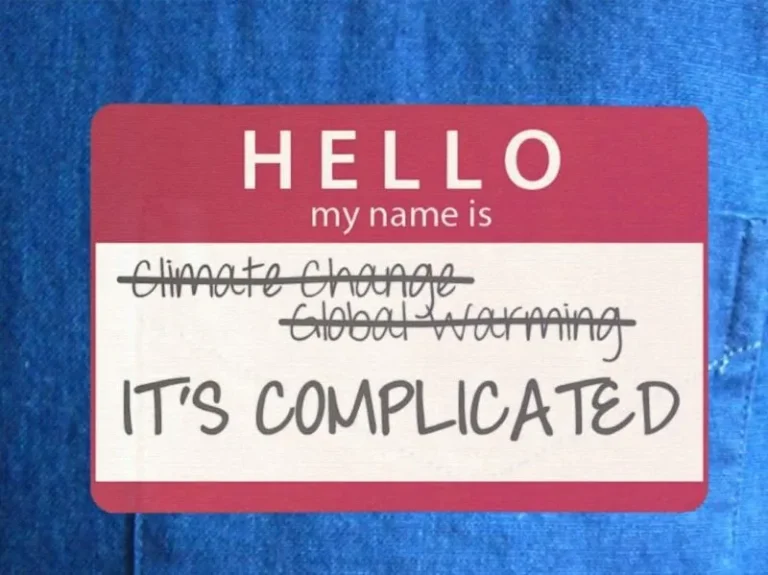
Communicating Climate Change Internationally
The international climate change assessment body, the Intergovernmental Panel on Climate Change (IPCC) has launched a communication guide for scientists, put together by Climate Outreach — a UK-based team of…
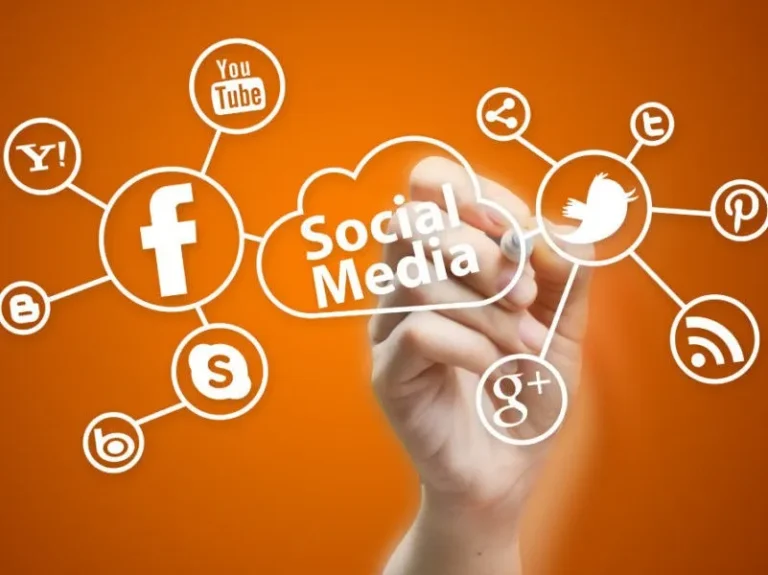
20 Top Twitter (and social media) Tips
These pointers come from Twitter science social media stars @AstroKatie, @EuanRitchie1 and @astroduff who were panellists during an Innovation week event hosted by @miss_toni on 11 November 2016, at the Royal Society in Melbourne. Hash…
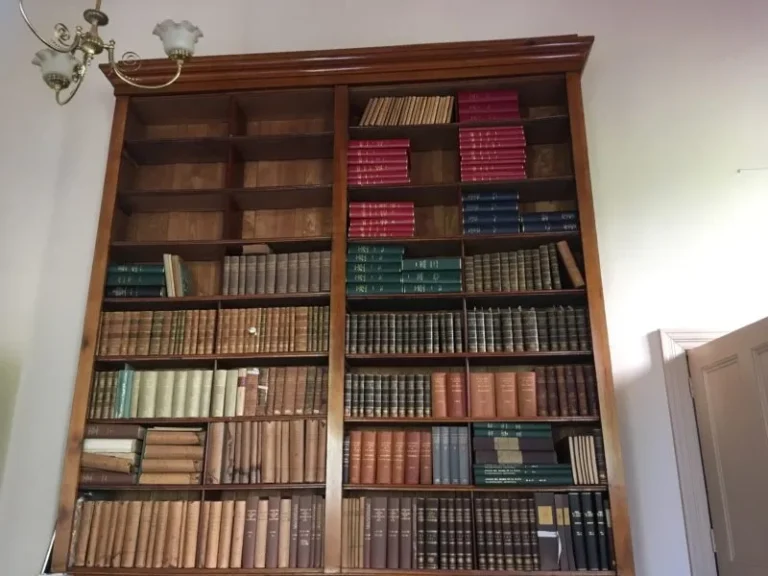
Writing in Nature, naturally
Scientell’s new home, the historic Royal Society of Victoria building, houses a stunning library that includes the first edition of the journal Nature. It’s clear that people communicated science in 1869…
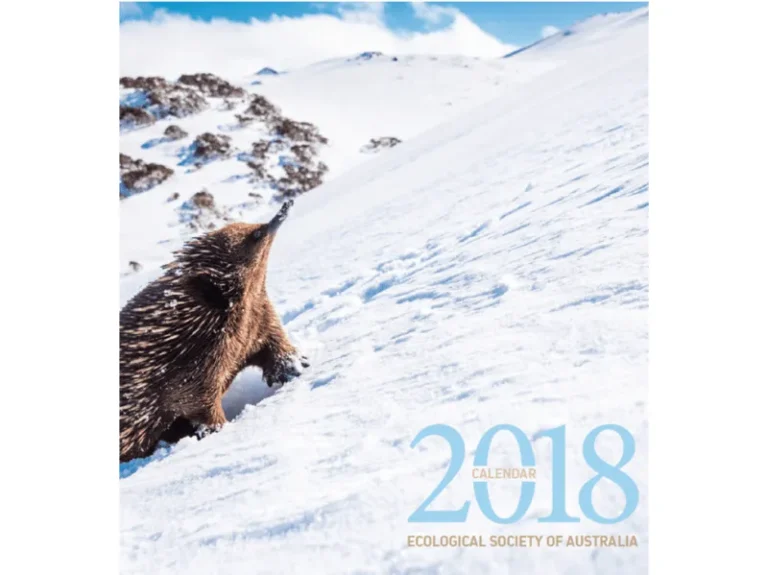
Calendar photos bring ecology to life
The 2018 Ecology Society of Australia calendar features spectacular images of Australian flora, fauna, landscapes, coasts, skies and marine environments. Many disciplines contribute to ecology and ecosystem science, with research delivering a…
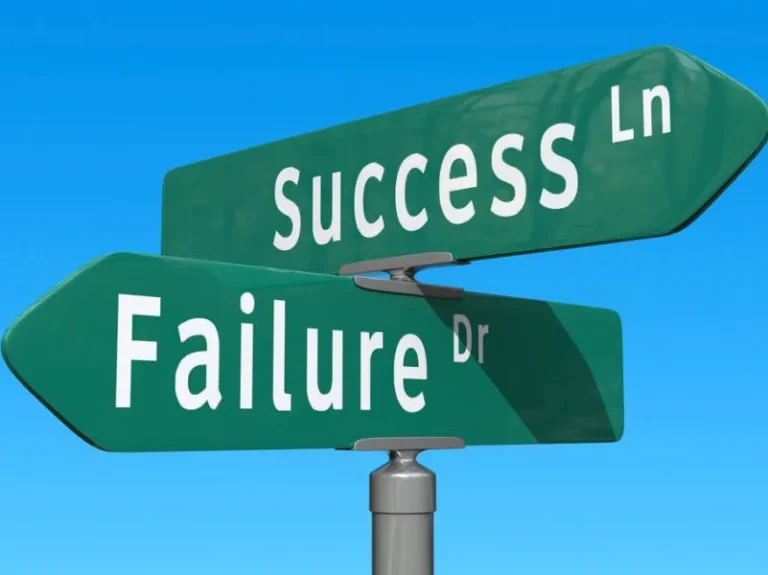
Learning from failure
As part of a major national project on innovation, Scientell has examined the contribution that learning from error and failure can make to innovation and progress. This is part of…
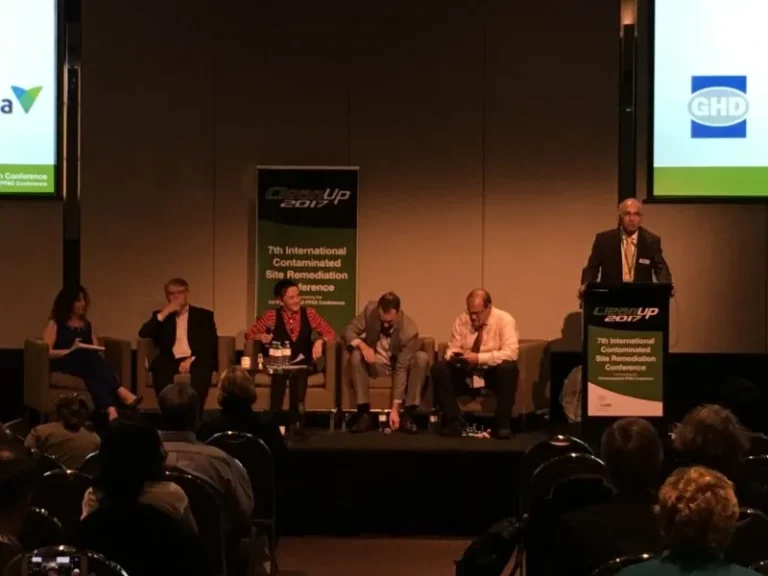
Lead influencing crime, Ice drug contaminating homes, and other highlights from CleanUp2017
700 scientists, engineers, regulators and other environmental professionals from more than 20 countries have been in Melbourne this week at the biennial CleanUp global forum. CleanUp 2017, organised by the…
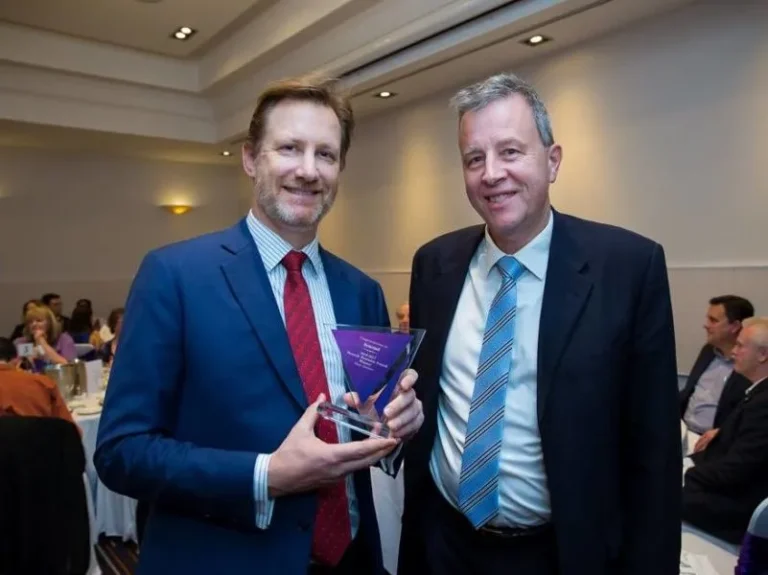
Winning, even if you don’t win (and we did)
Recently our company Scientell won the 2016–17 Monash Business Award in the Micro Business category. My co-Director, Simon Torok, said in his acceptance speech in front of a packed ballroom,…
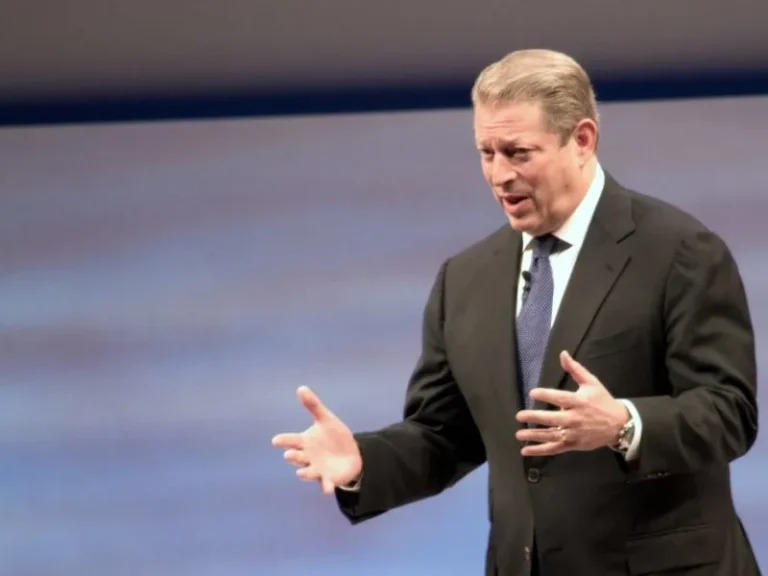
Today Al Gore reminded me that when someone tells you something, do something
Ten years ago I saw the Al Gore film, An Inconvenient Truth. Driving home from the cinema that night, I passed a car with its headlights off – and flashed…

Short-circuiting a superpower, city by city
The US is withdrawing from the Paris climate accord, but there are reassuring signs of action at a sub-nation scale. At the opening of the Ecocity World Summit being held in…
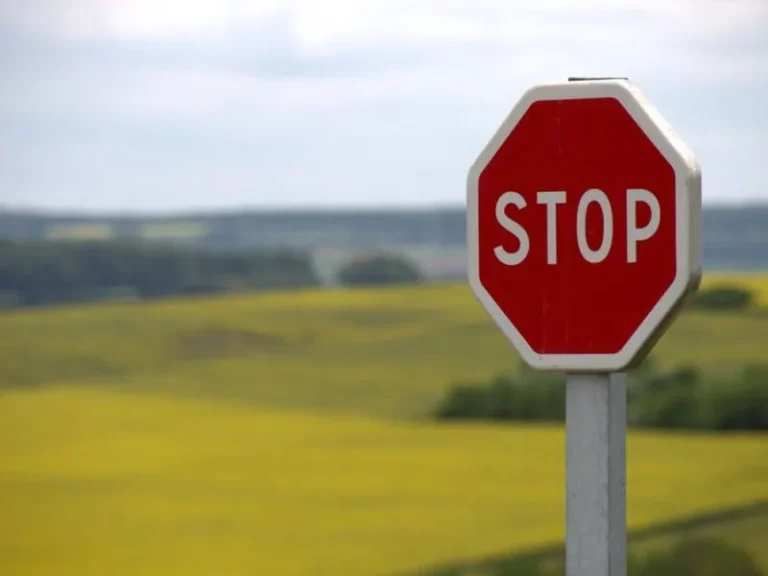
Climate change and health: the future isn’t what it used to be
Climate change could have far‐reaching consequences for human health across the 21st century. But there is at least some good news on how health systems are adapting. ‘It doesn’t take…
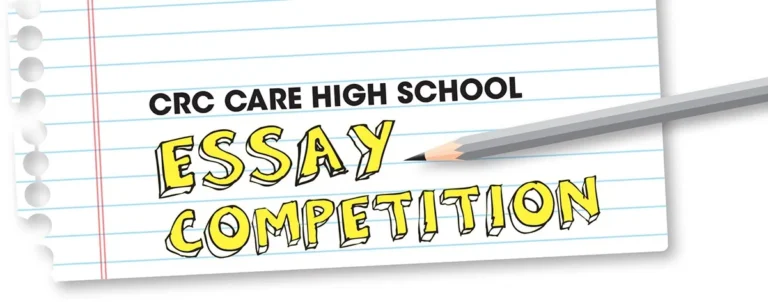
A safer, cleaner environmental future: the CRC CARE High School Essay Competition
Enter the CRC CARE High School Essay Competition with a 500- to 1000-word essay about contaminants in the environment (for a safer, cleaner environmental future) and you could win a…

How to write a media release
Scientell prepared this summary for members of the Ecological Society of Australia, who have employed us to provide communication support and advice. Despite the rise of social media, writing and…
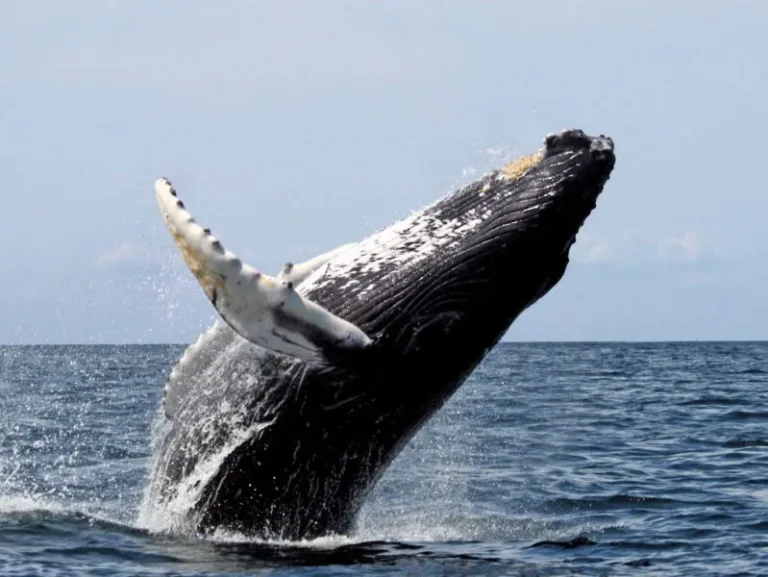
Everyone has a good story
I had the privilege of interviewing half a dozen of Australia’s newest ecologists this week, after more than $1 million in funds for students were announced by the Ecological Society…
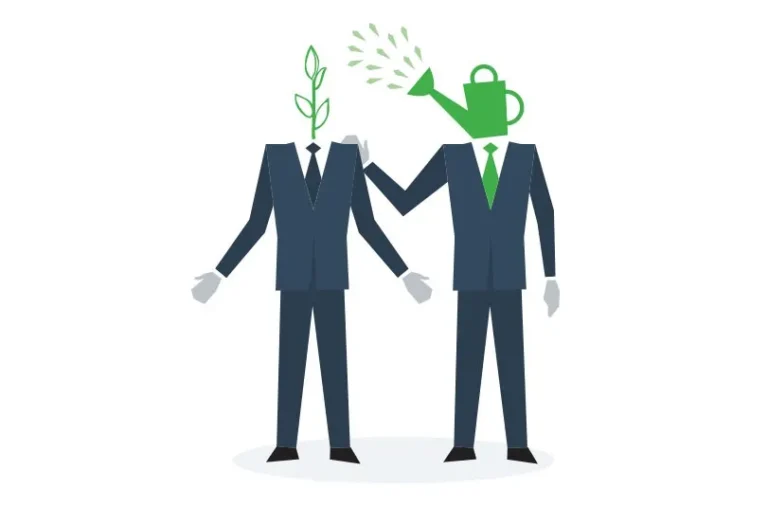
Being a mentor can feel like being a mentee – in a good way
Discussing the communication of scientific and technical information with the next generation, and influencing their thinking about it, is something I’d like to do for all students. As Director of…

Rent, don’t buy?
When I was young, my parents always told me that if I wanted to buy something, I should save my money and pay for it outright. ‘Buy, don’t rent’, was…
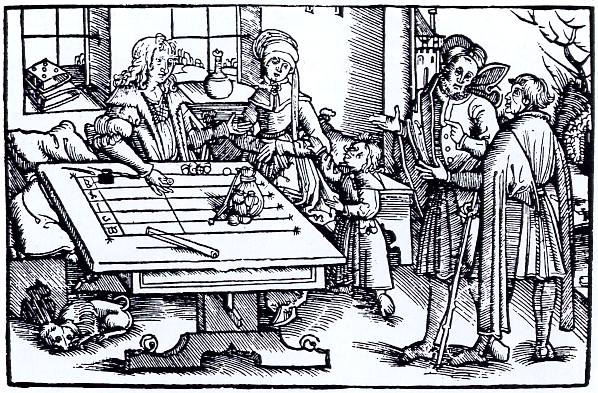
On stones, mathematics and eschewing bad puns
Excluding patients with multiple titanium joint prostheses, the most common metal in the human body is calcium. This fact will assist in countless pub trivia competitions. Chemist Humphry Davy first…
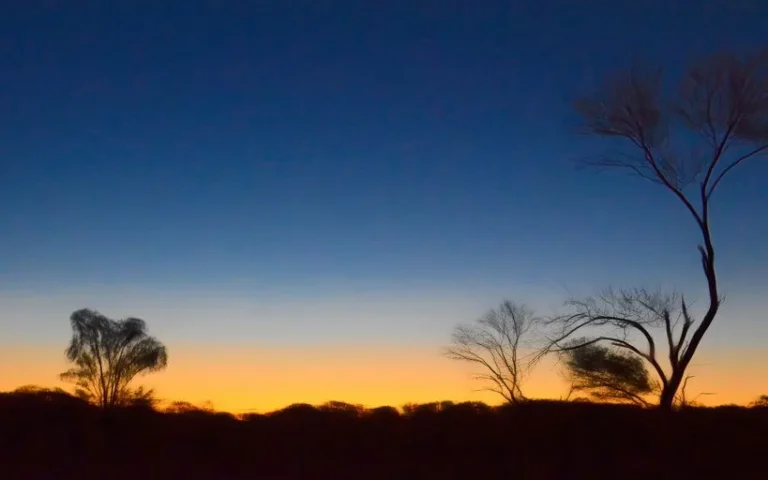
Book review: ‘Surviving the 21st Century: Humanity’s Ten Great Challenges and How We Can Overcome Them’
Australia has no better science writer than Julian Cribb. He is knowledgeable, extraordinarily well informed and superbly adept at presenting accurate, fascinating information in a way that just begs to…
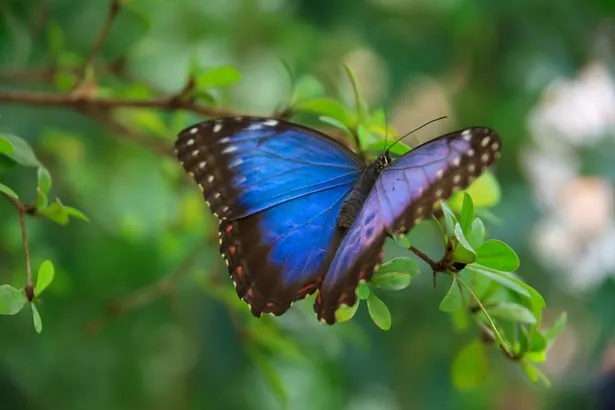
Movin’ on up to cooler climes
Climate change impacts on the natural world are accelerating rapidly. ‘Many plants and animals are proving to be highly sensitive to the changes in climate we have experienced over the…

Is there a doctor on this flight?
Scientell is working with the Australian Council of Learned Academies (ACOLA) to synthesise a wealth of information into a book on securing Australia’s future. As part of this, we have…
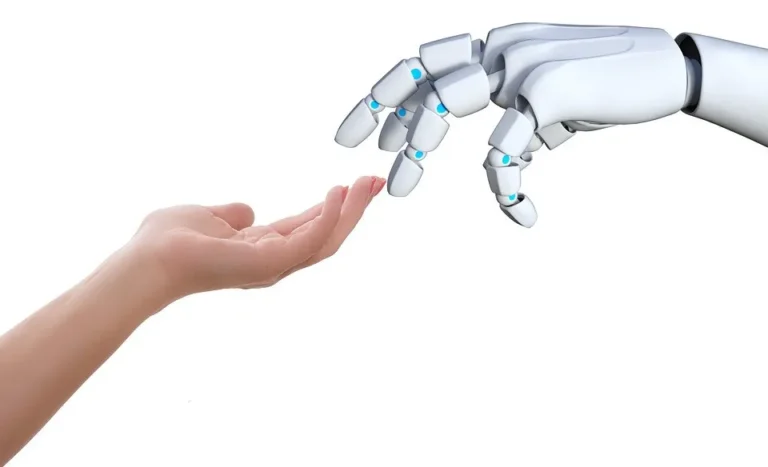
Robot servants: lending a metal hand
Robots are ideally placed to help with future housework, since they can perform repetitive taskswithout becoming bored. Since the 1927 film Metropolis, robots have lent a helping hand to humans…
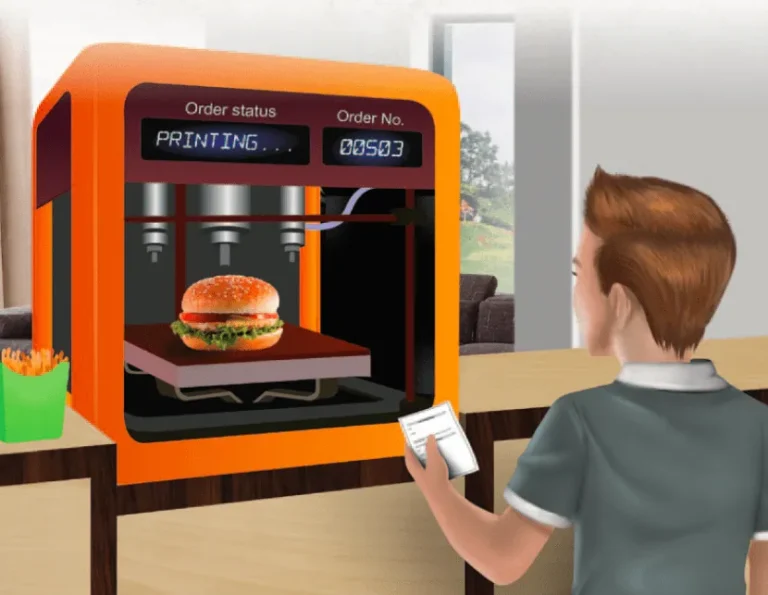
Faster food: 3D print your dinner
You arrive home from school, hungry for a snack. You feel like something different; not the usual food your fridge and pantry automatically order based on what you normally eat….
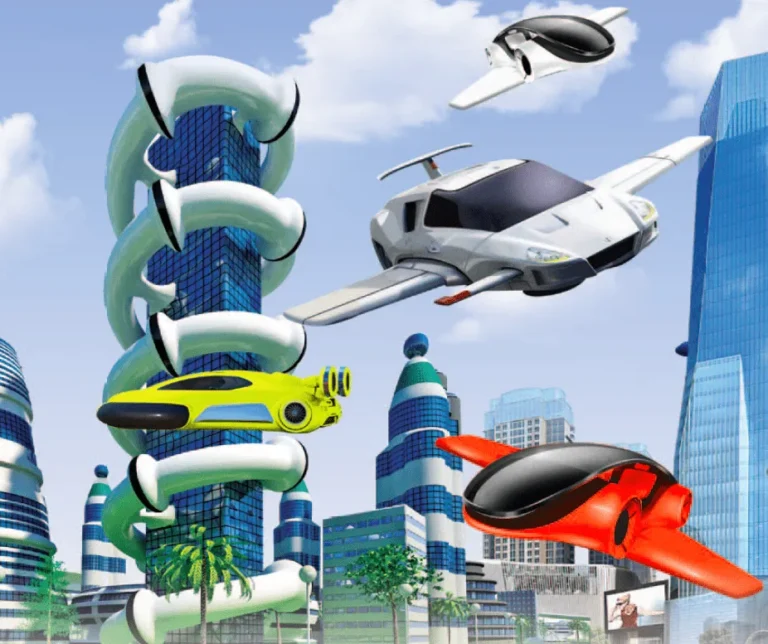
Sky highway
Flying cars are considered to signal the arrival of the future – or rather, the lack of its arrival. They have been promised by inventors for decades, and always seem…

Eternity: could we ever become immortal?
People now live longer than ever before. A girl born in Australia today can expect to live for about 84 years, but a girl born in the late 1800s was…
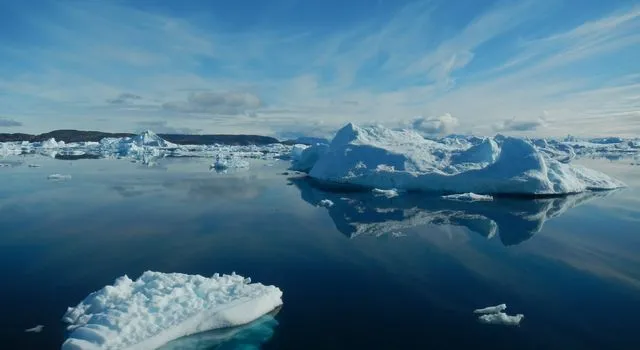
Climate of change
Ice and heat are enemies. As the world warms, the ice on the land melts. Most glaciers are in retreat, with their water gushing into the sea. This makes the…

Can we become invisible?
We all love the idea of being able to creep around, watching people without them knowing, eavesdropping on conversations. Think of all the fun you could have if, at the…
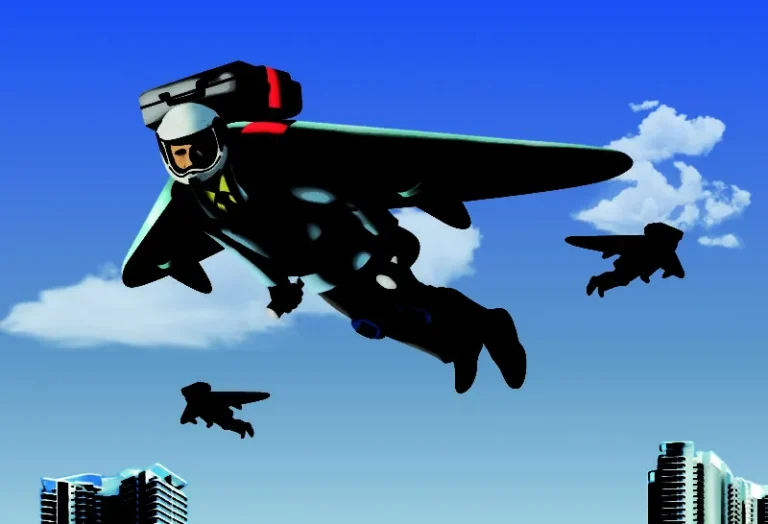
Imagining the future: a guide to the incredible inventions just over the horizon
We are living in a rapidly changing world – when most of today’s primary school students grow up, they’ll have jobs that don’t exist right now, and they’ll be using…
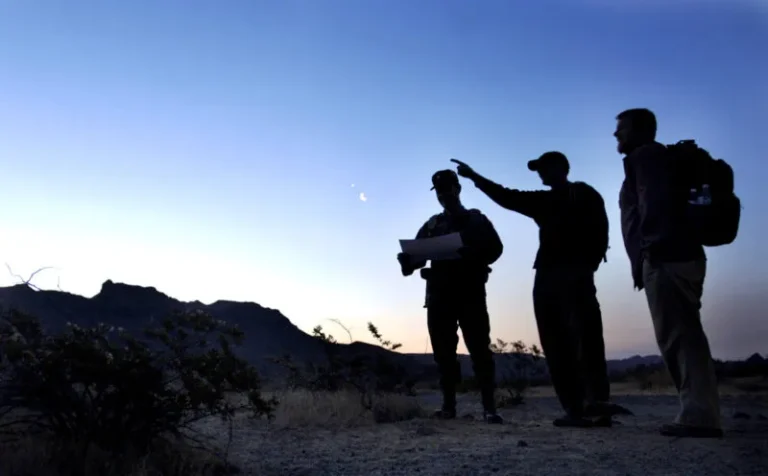
Help! Lending a hand to vulnerable species
Global hotspots, such as the waters southeast of Australia, have warmed dramatically and dozens of marine animals have moved south. Many others need our help. Dr Alistair Hobday, from CSIRO,…
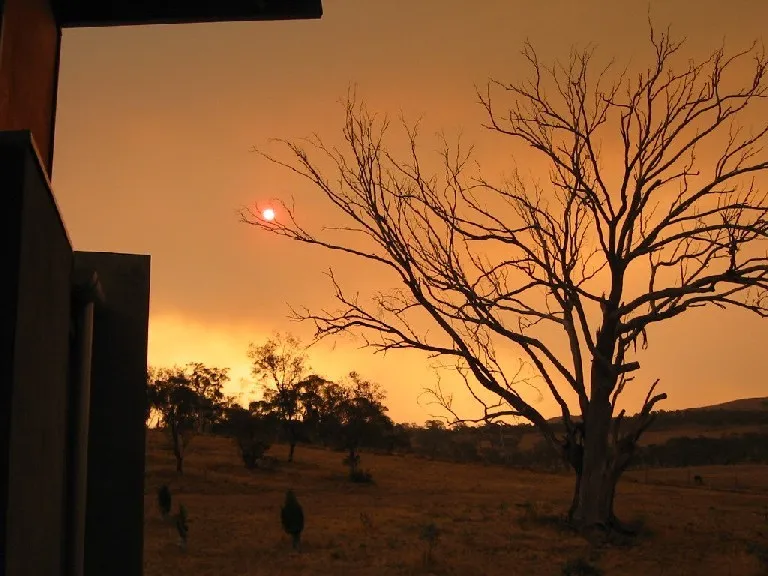
Ouch! Feeling the record heat
Last summer, temperatures around the world showed an unusual upward spike. Globally, February was more than a degree warmer than usual, breaking the record set in 2015 that had itself…

Innovation and Australian inventions
Australians are great inventors. We have a history of ideas and thinking up new ways of doing things. Perhaps our inventiveness comes from the fact we have unique problems. Or…
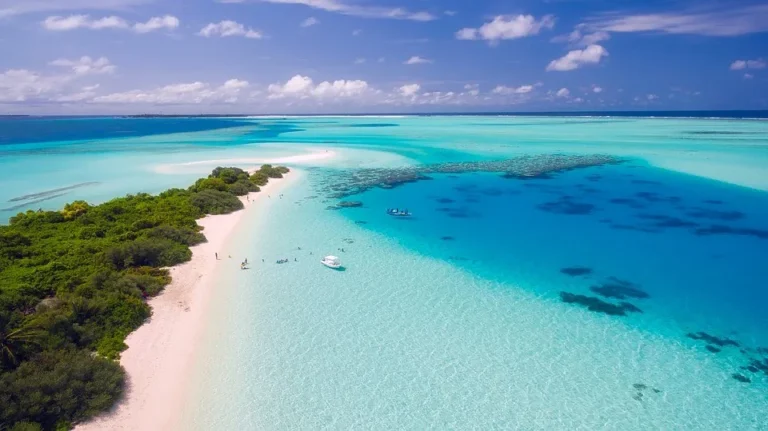
The value of local knowledge
When a coastal town faces increased flooding, what comes next must come from the community. The most important thing for Councils when planning adaptation to climate change is to identify…
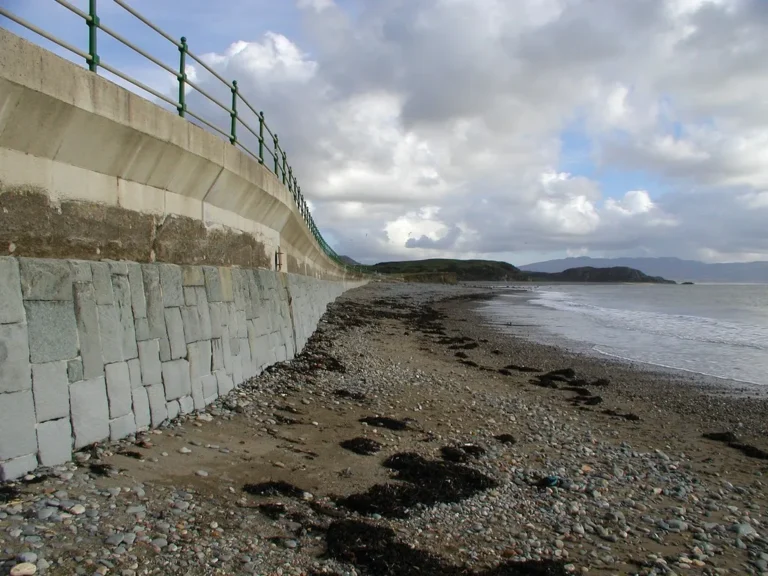
CoastExchange: Another brick in the seawall
Scientell is proud to be helping the National Climate Change Adaptation Research Facility (NCCARF) launch their online discussion about coastal adaptation, CoastExchange. You can sign up at connect.coastadapt.com.au/. The purpose of…
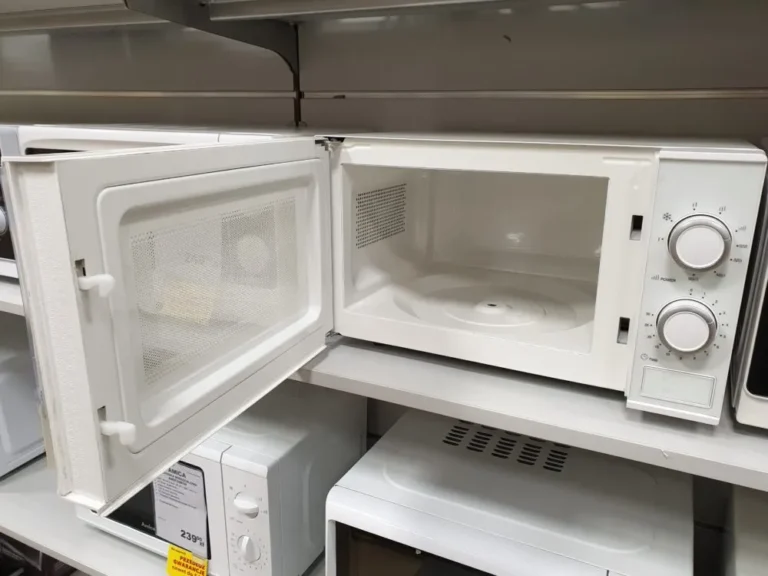
The greatest discovery since fire
‘The greatest thing since sliced bread,’ is an accolade often bestowed on an invention. However, it never seems to surpass the actual invention of sliced bread. But an invention now…

How to create a blog that everyone will truly love
This blog is competing for your attention with more than 152 million others. Nearly 173,000 blogs are added to the Internet ever day. There are now four more than when…

9 things that I learnt in my first year of business
This article was first published on the Flying Solo web site, a site for small business. In 2014, after 25 years at CSIRO, I established my own science communication business. Now, some…
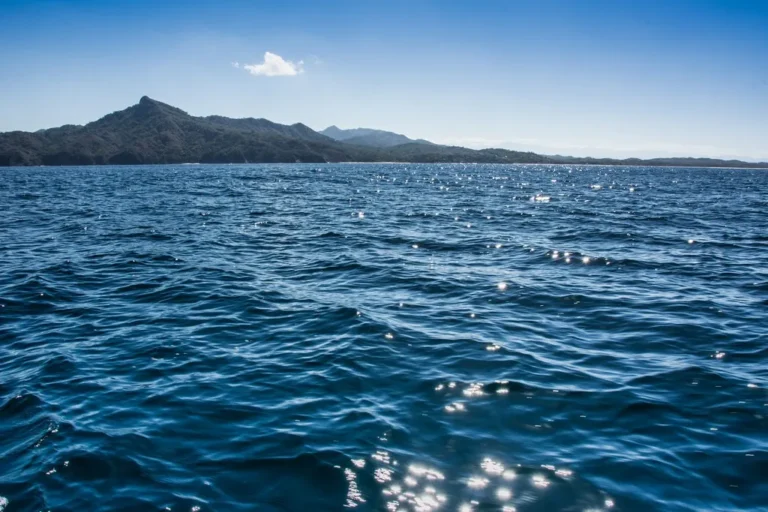
The 60-second guide to world water
The ocean covers 71 per cent of the Earth’s surface and contains almost 97 per cent of the planet’s water. But only 2.5 per cent of Earth’s water is freshwater,…
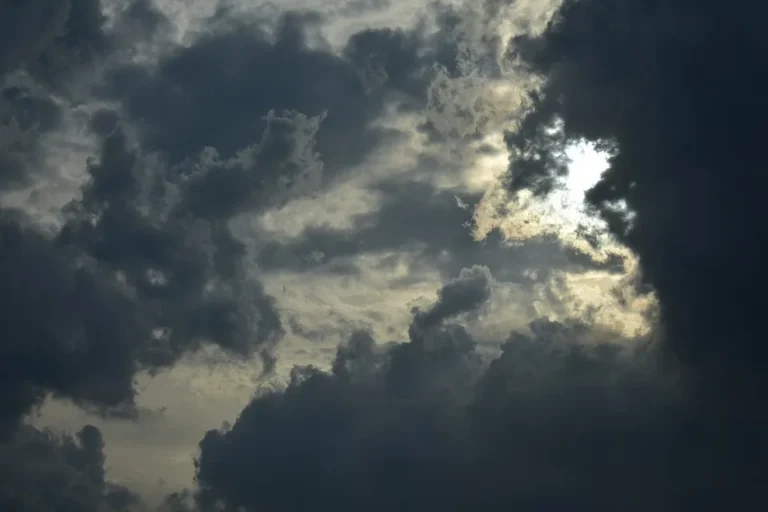
Observations on observers
With hundreds of climate scientists meeting in Melbourne this week for the Australian Meteorological and Oceanographic Society conference, it is worth reflecting that climate research owes a great debt to voluntary…
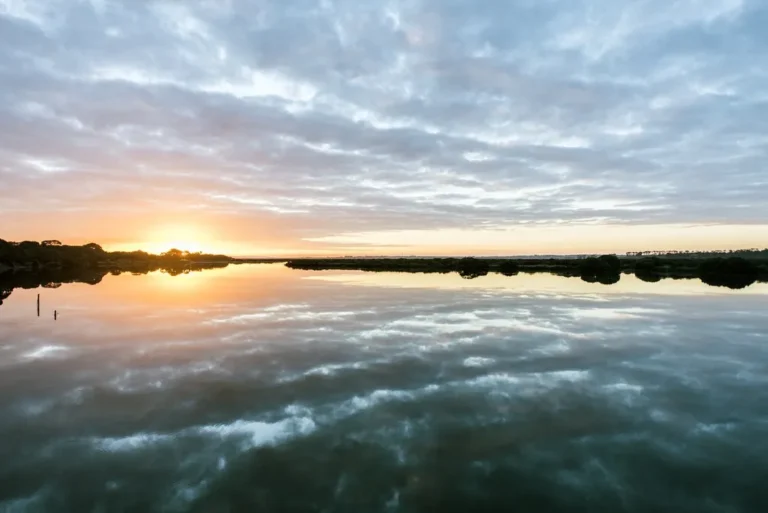
New climate change brochures for Victoria
Recently we worked with the Victorian Government to prepare a series of regional brochures explaining the likely impacts of climate change and describing how best to adapt. This project was a collaboration…
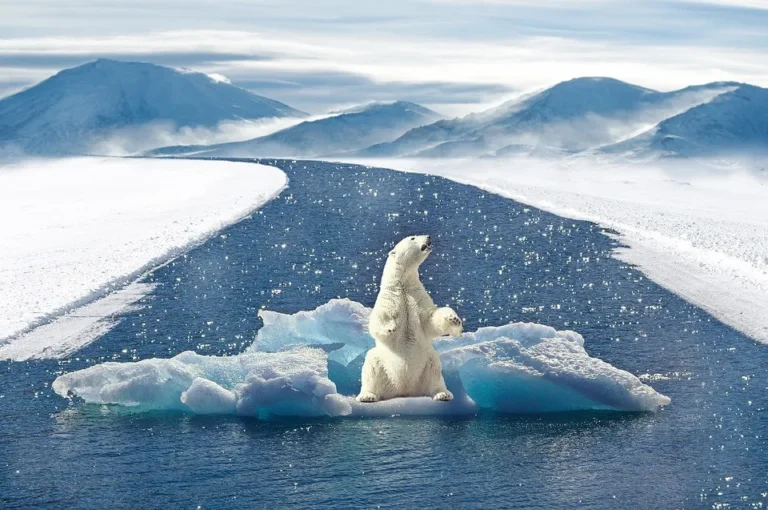
Cli-Fi: cautionary tales to prompt action
Cli-fi, or climate fiction, also known as Eco-fiction, is a relatively new genre of literature that sets narratives in an often dystopian world affected by climate change. I love it…

The psychology of communication: Here and how; not gloom and doom
Science organisations want to explain their work to increase impact and use of results. Scientists know that science is important and would like others to feel the same. They also…
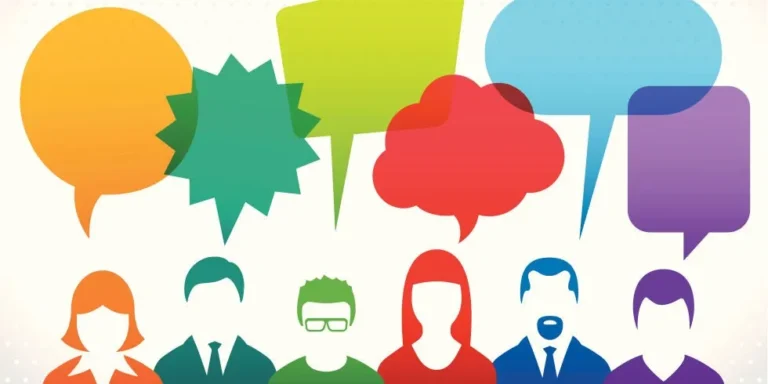
Communicating to a young audience
Ever since the early 1700s, when the first books for young people were written by authors including John Newbery, Thomas Boreman, and Thomas and Mary Cooper, communicators have endeavoured to…
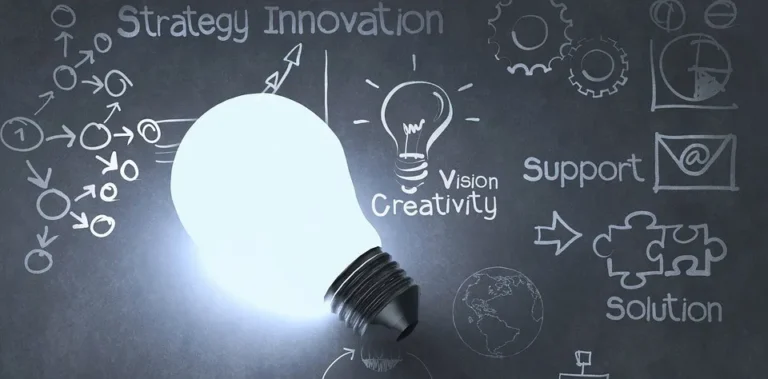
How to attract research funding
Communication serves many purposes, including helping to attract research funding. This funding can come from government (federal, state and local), business, philanthropic funds and international sources. If you are to…
